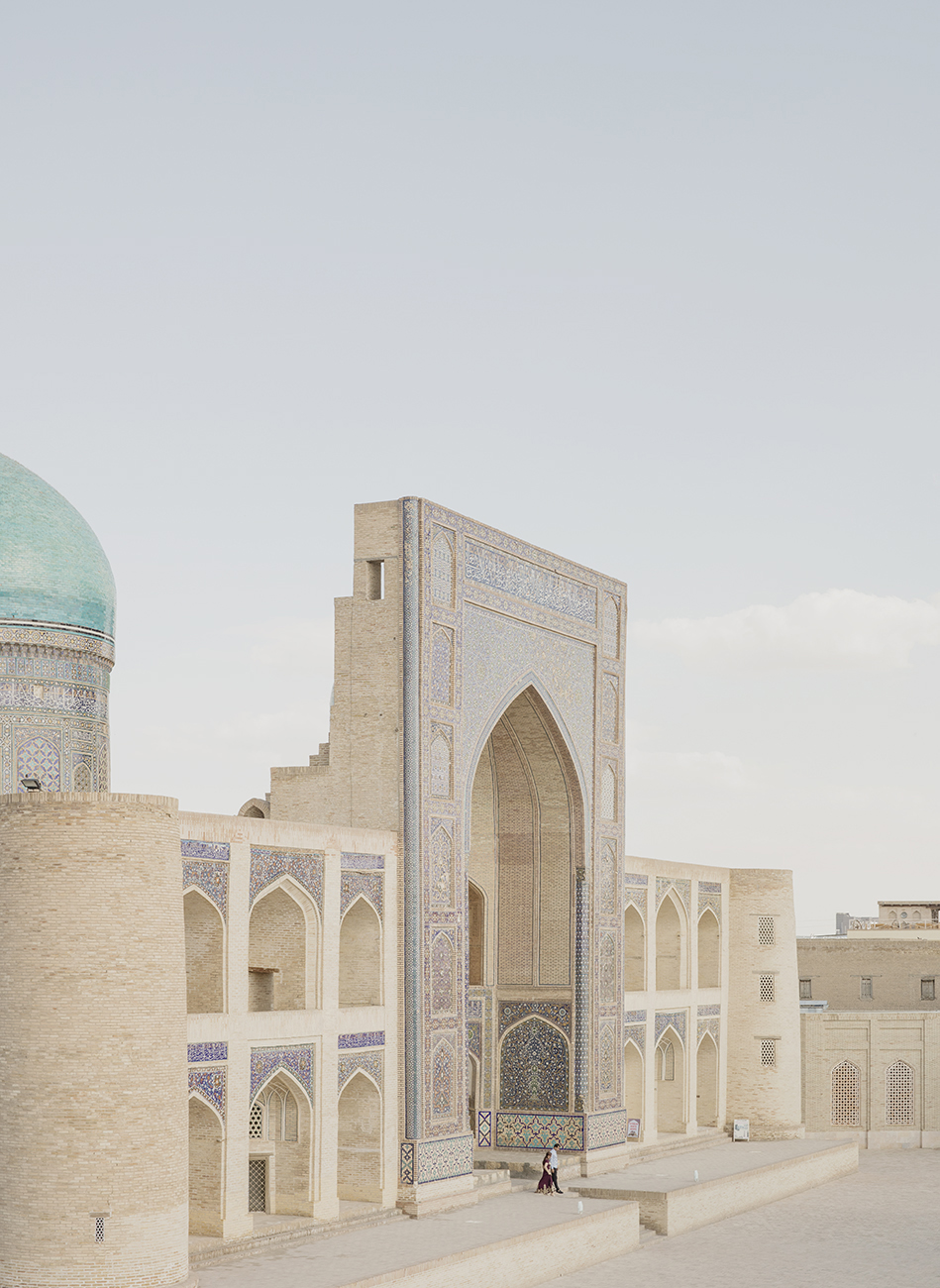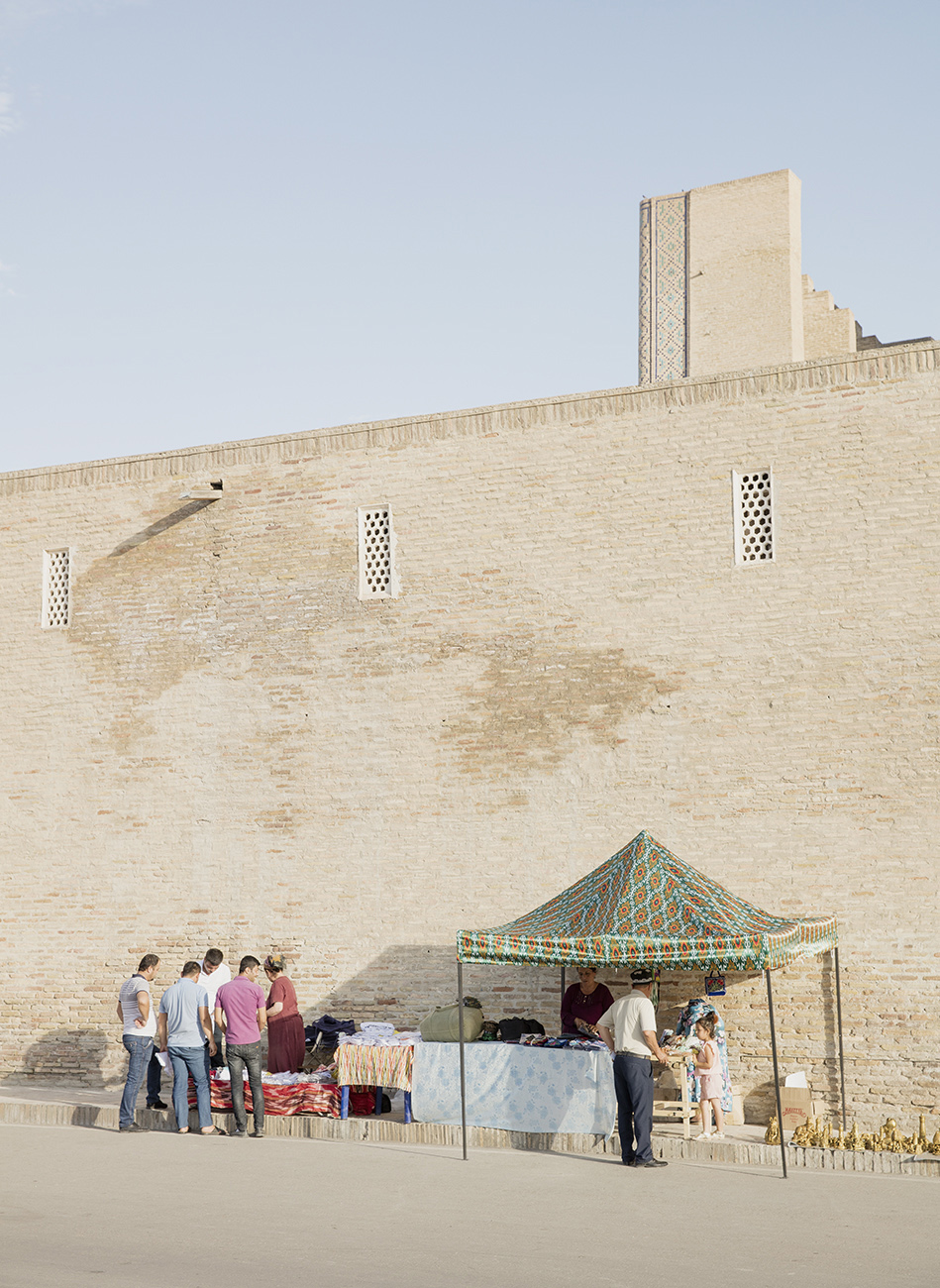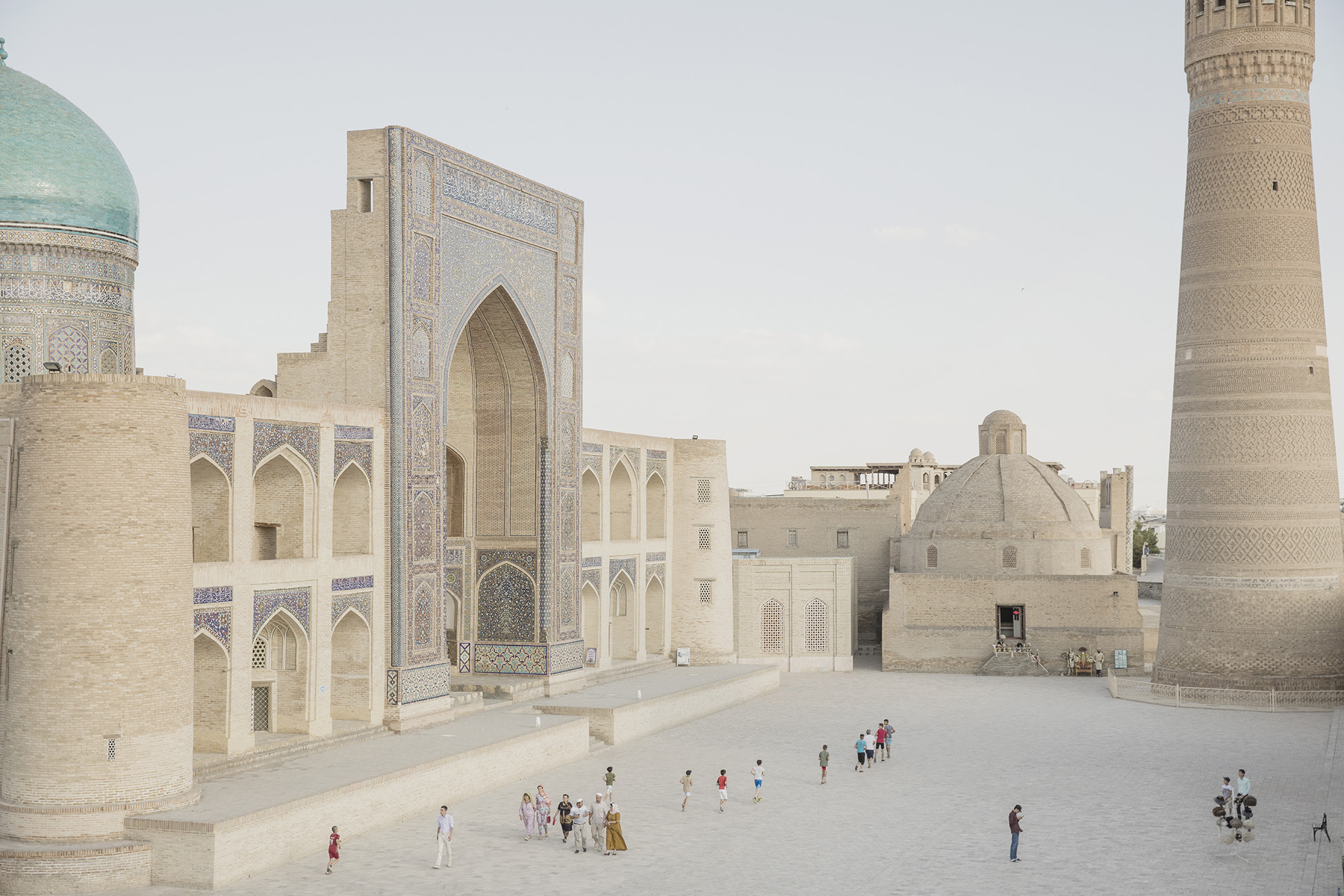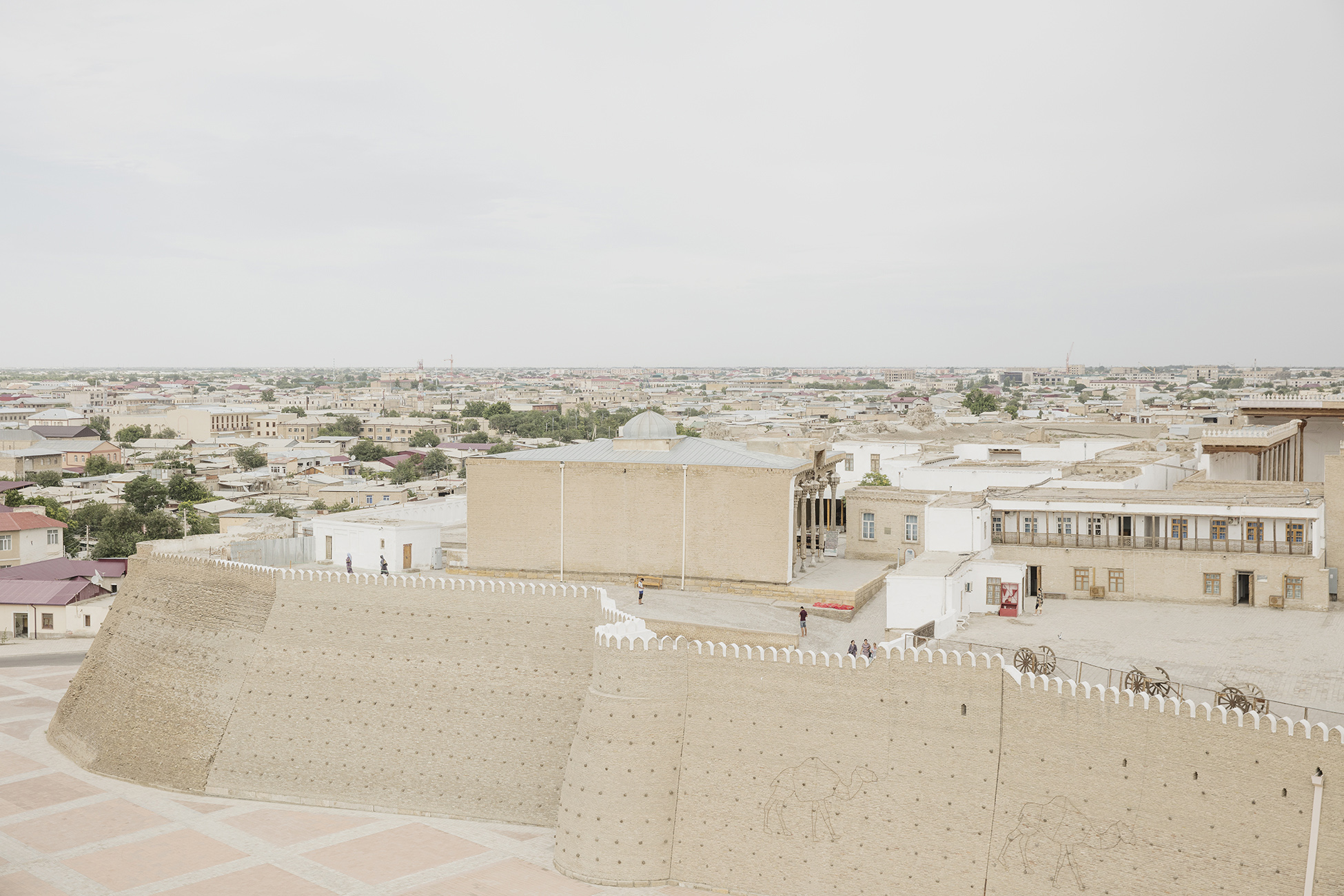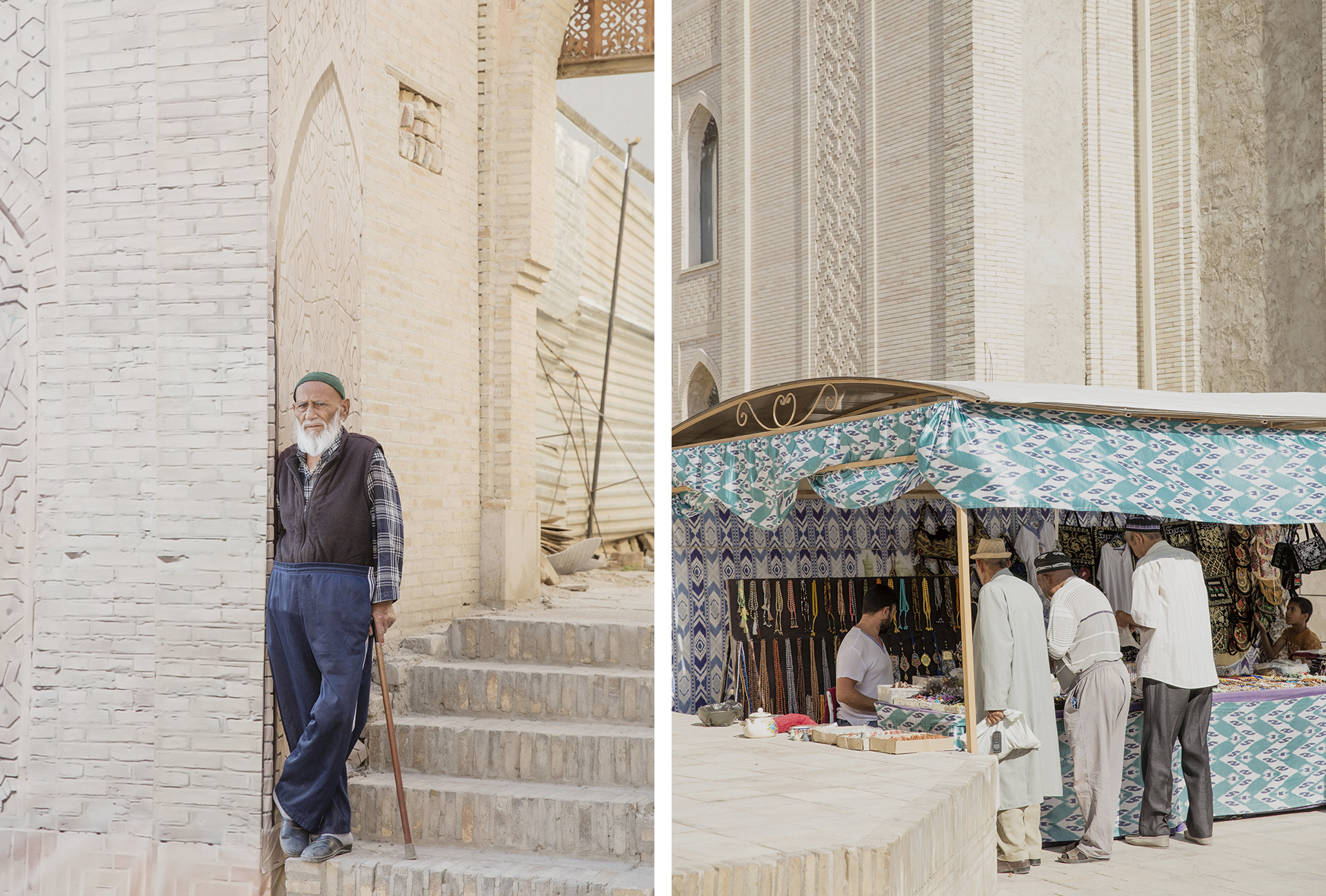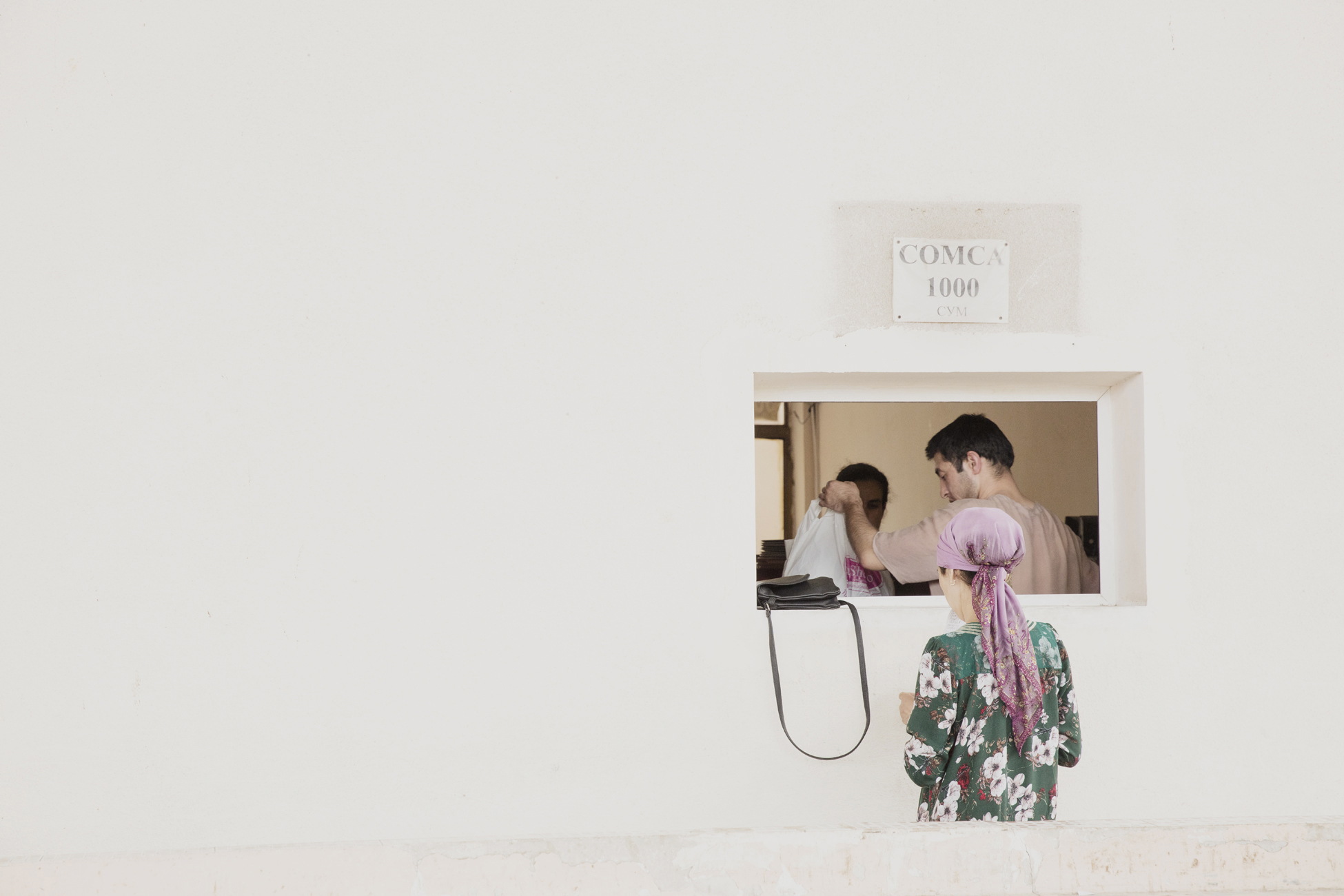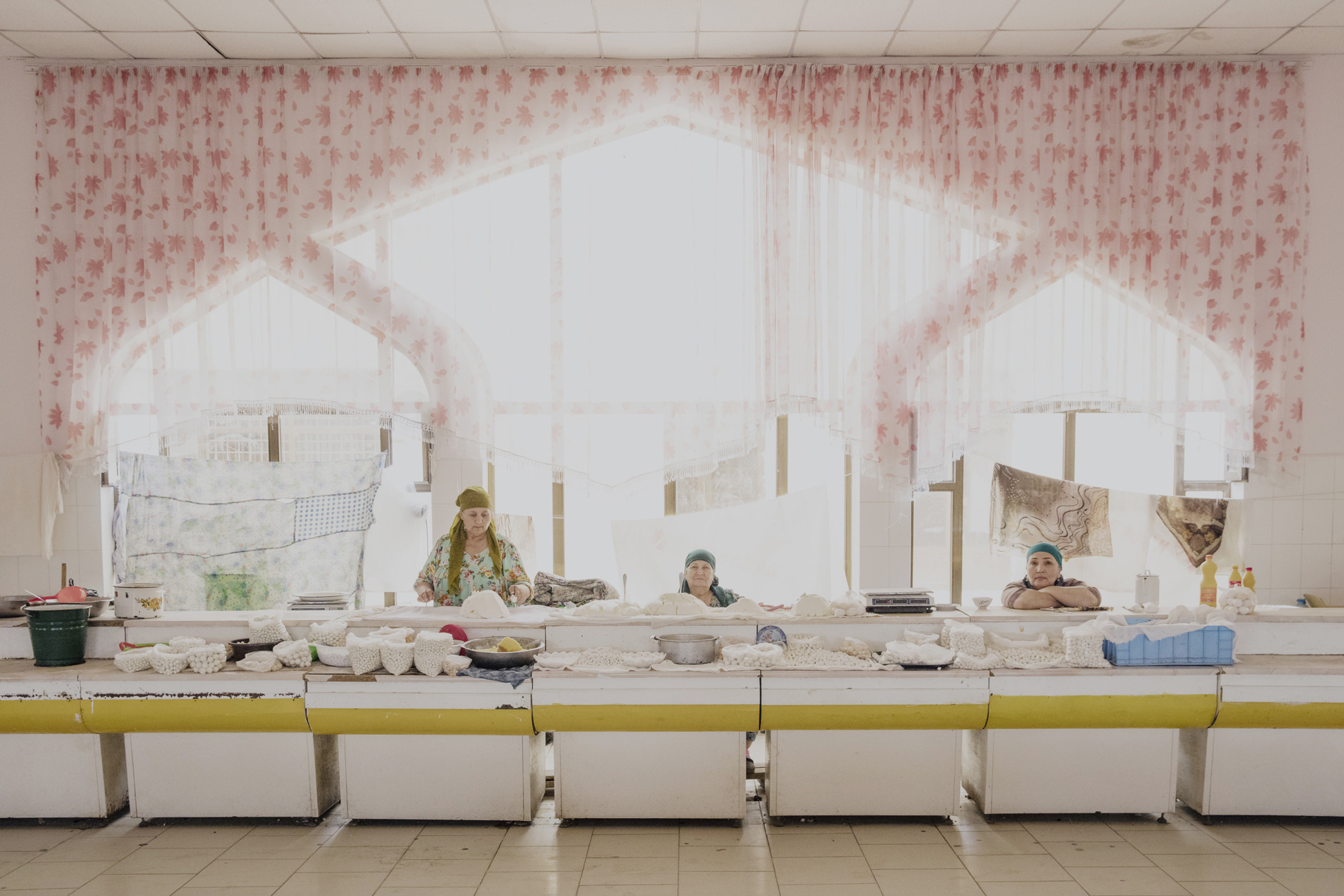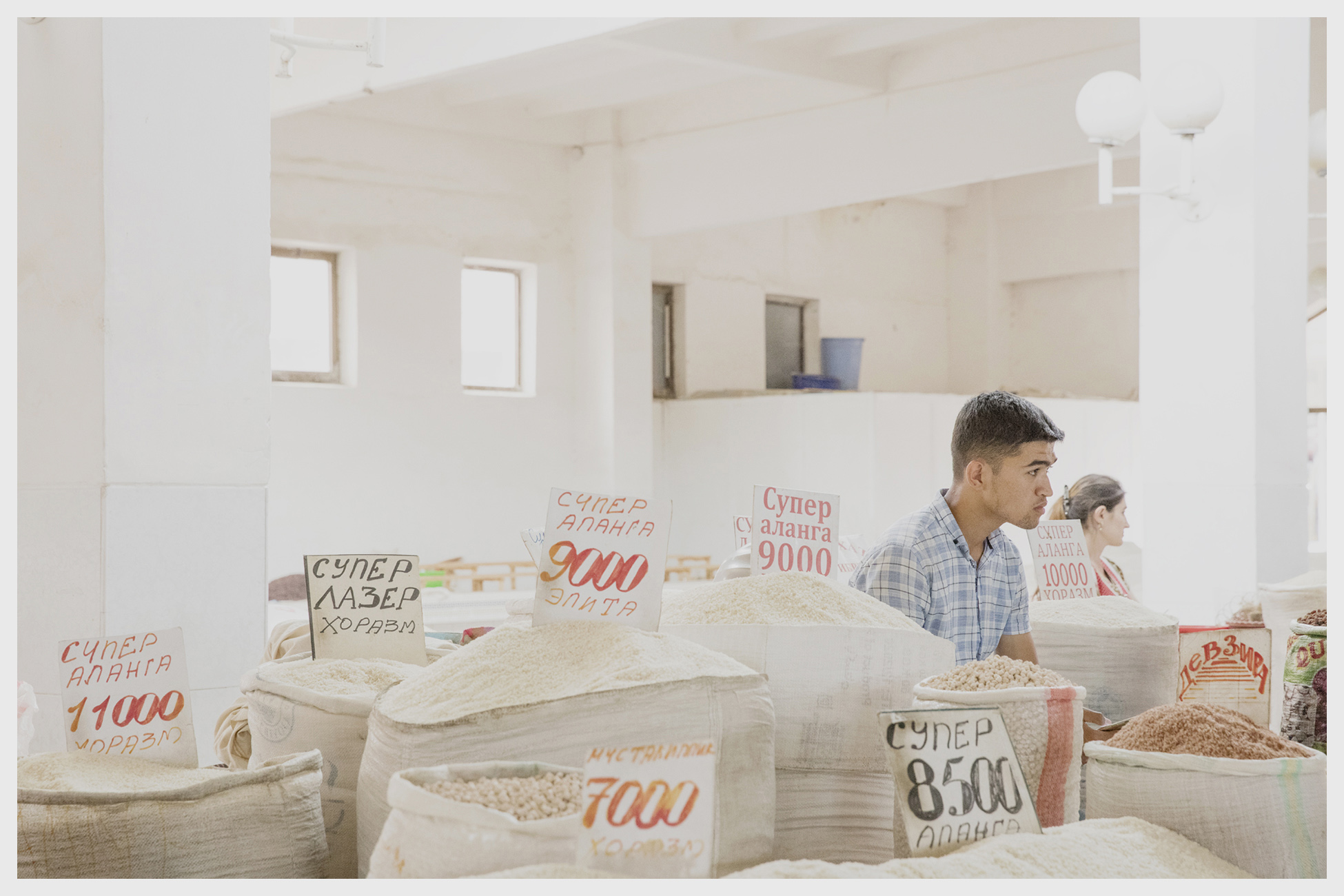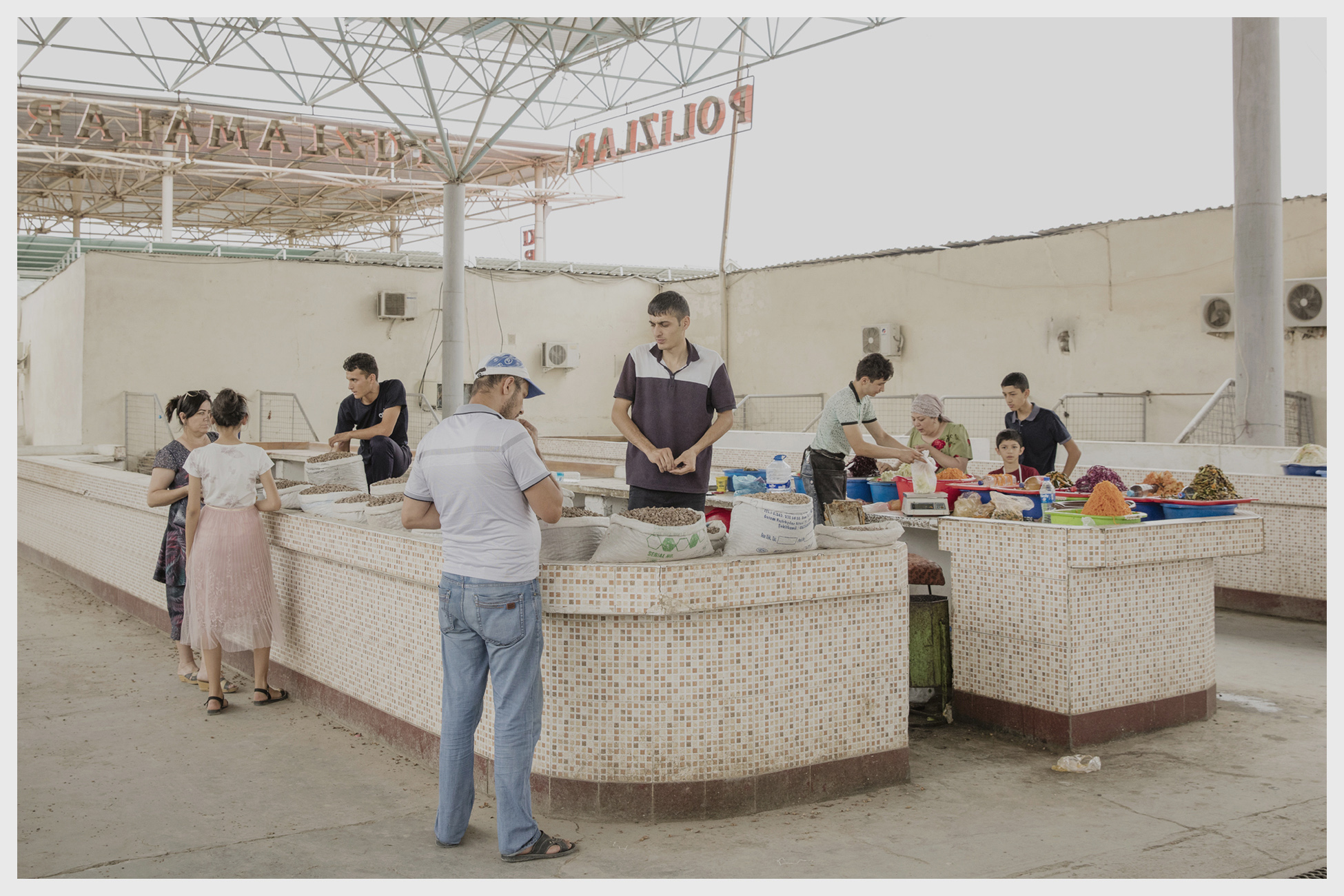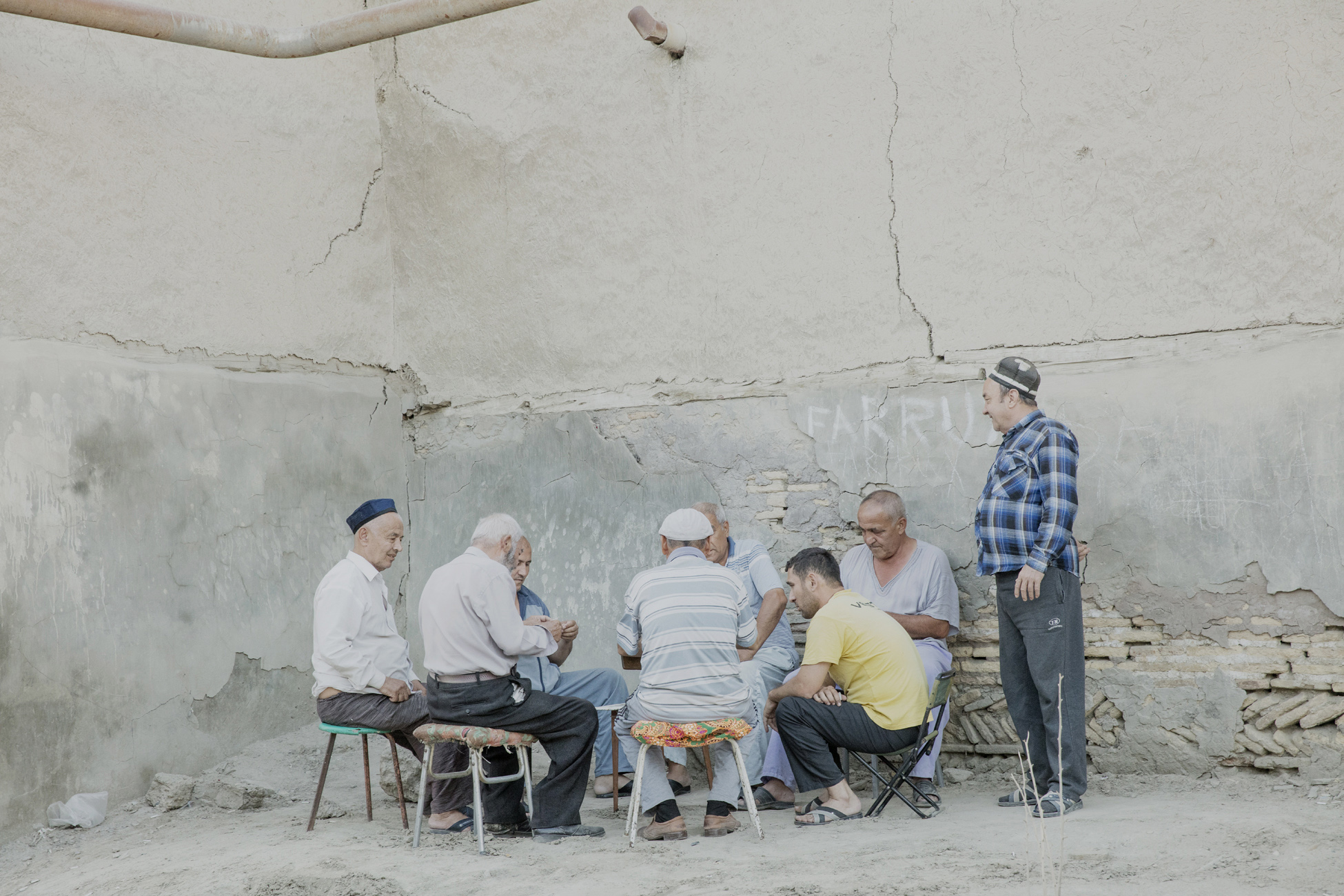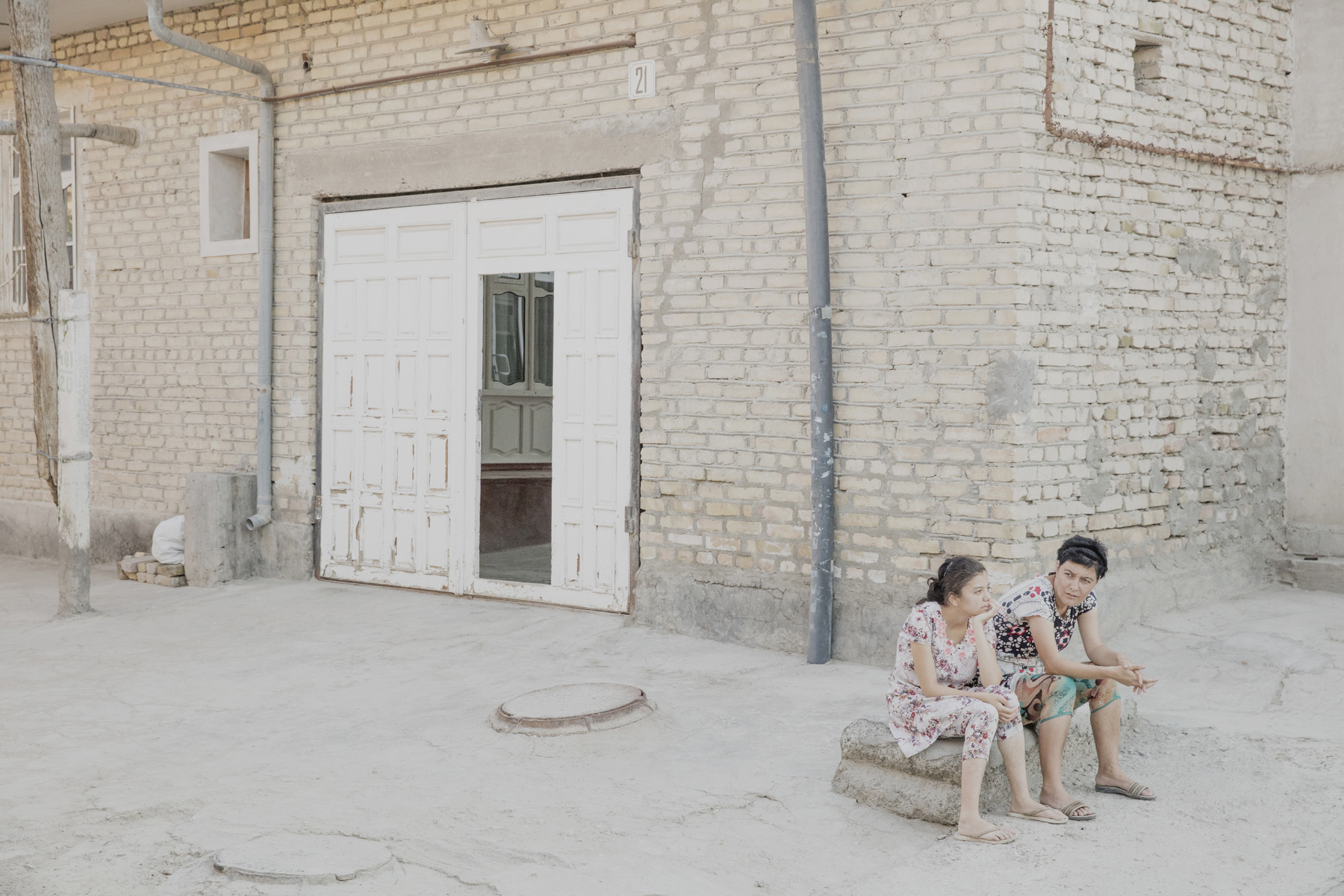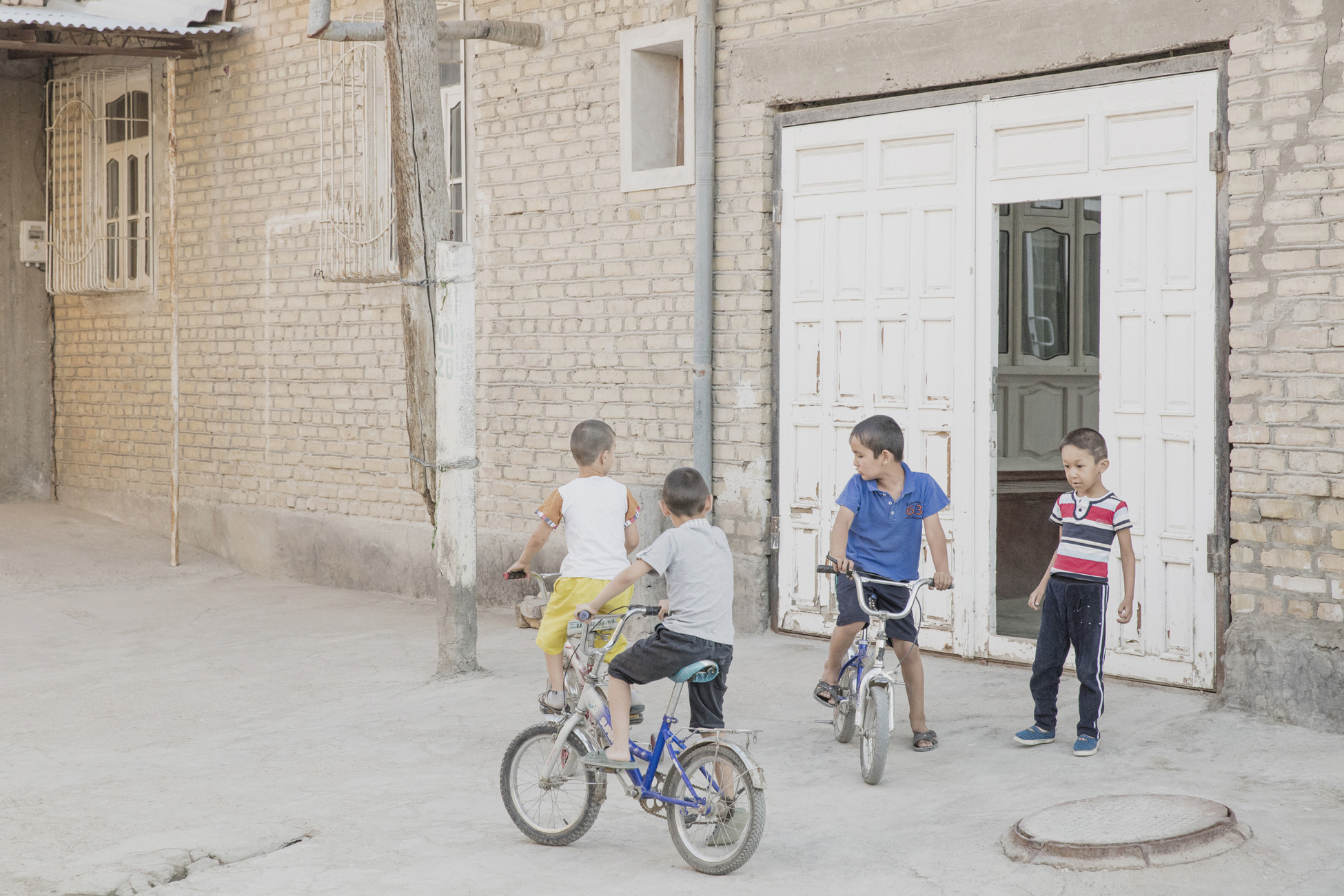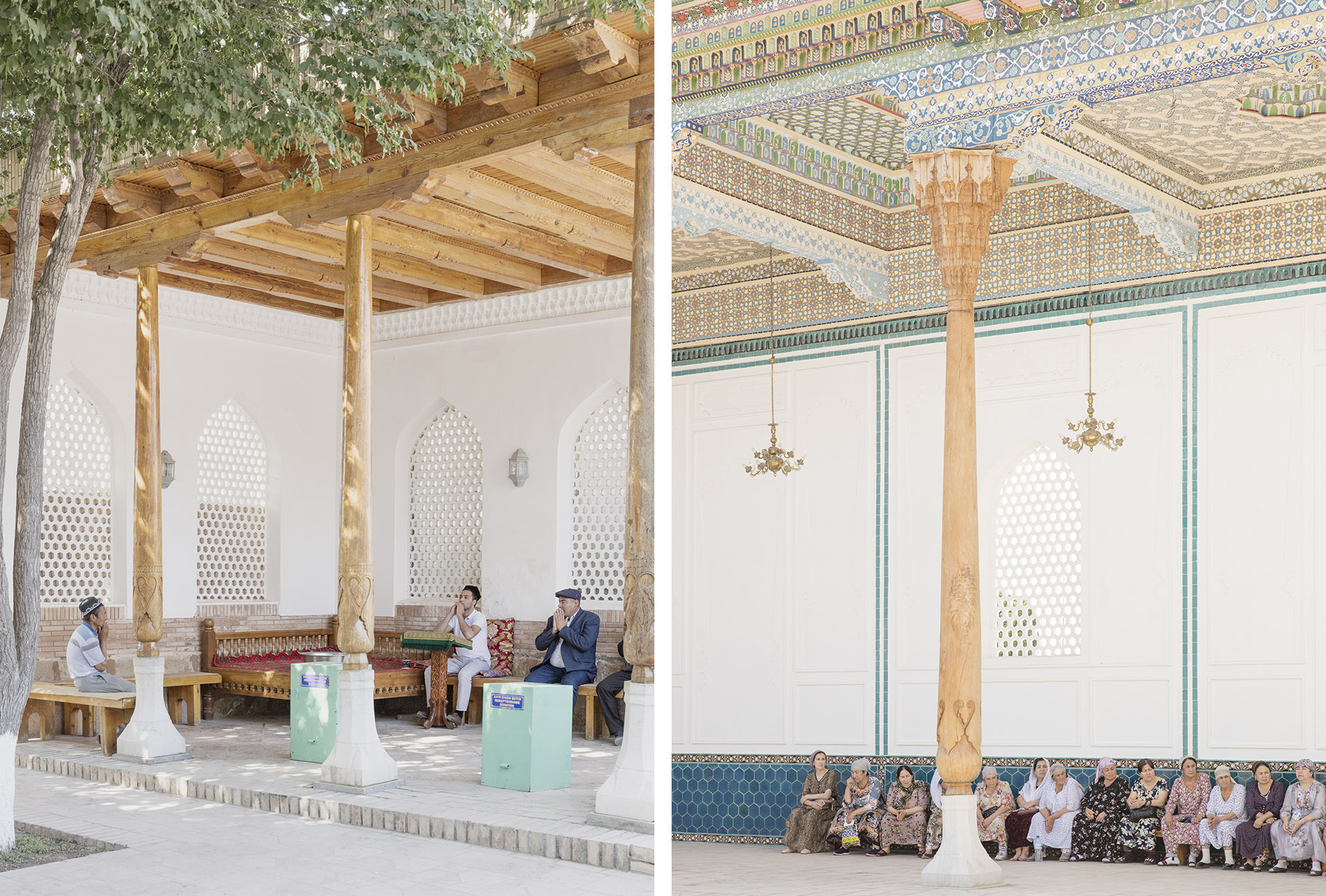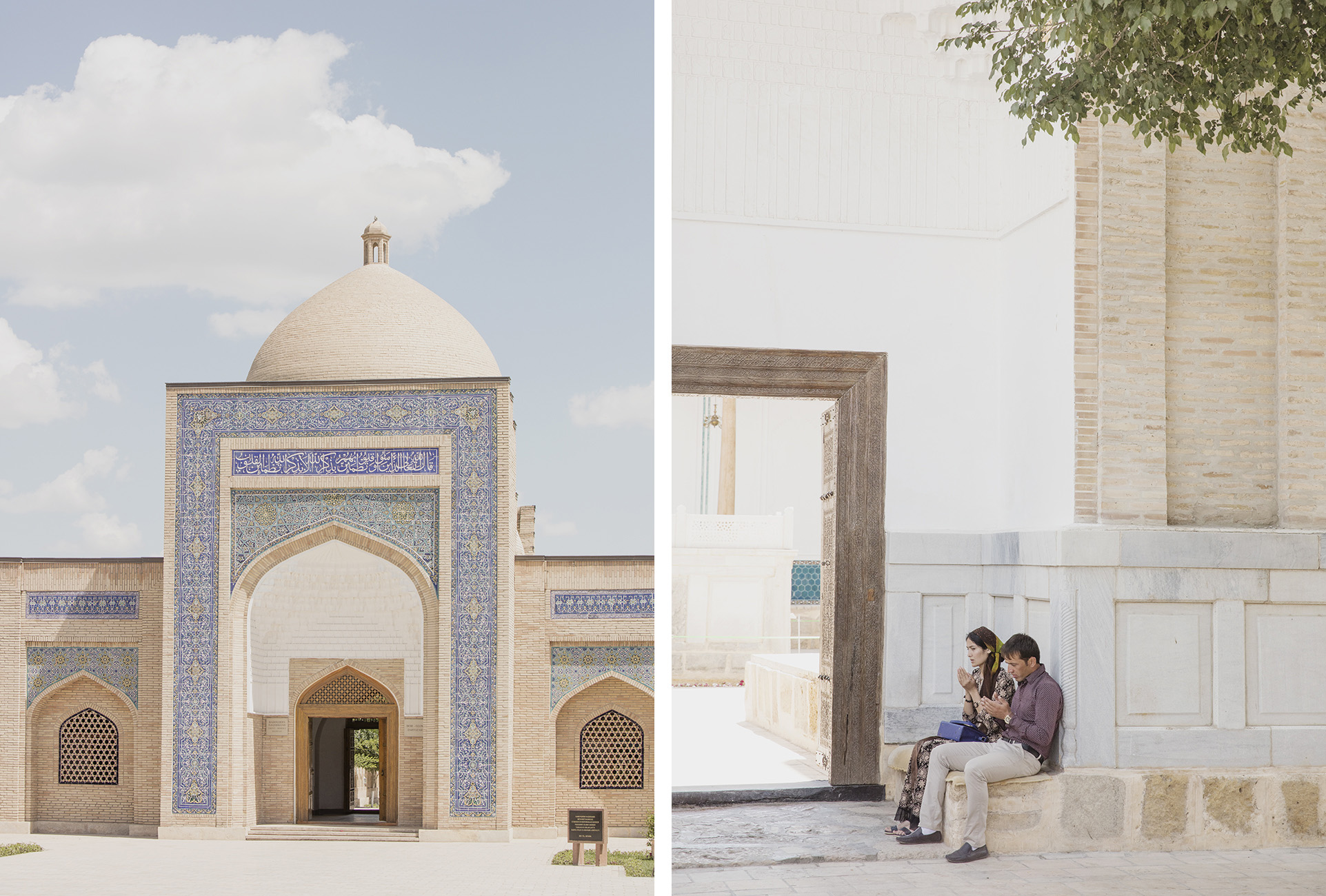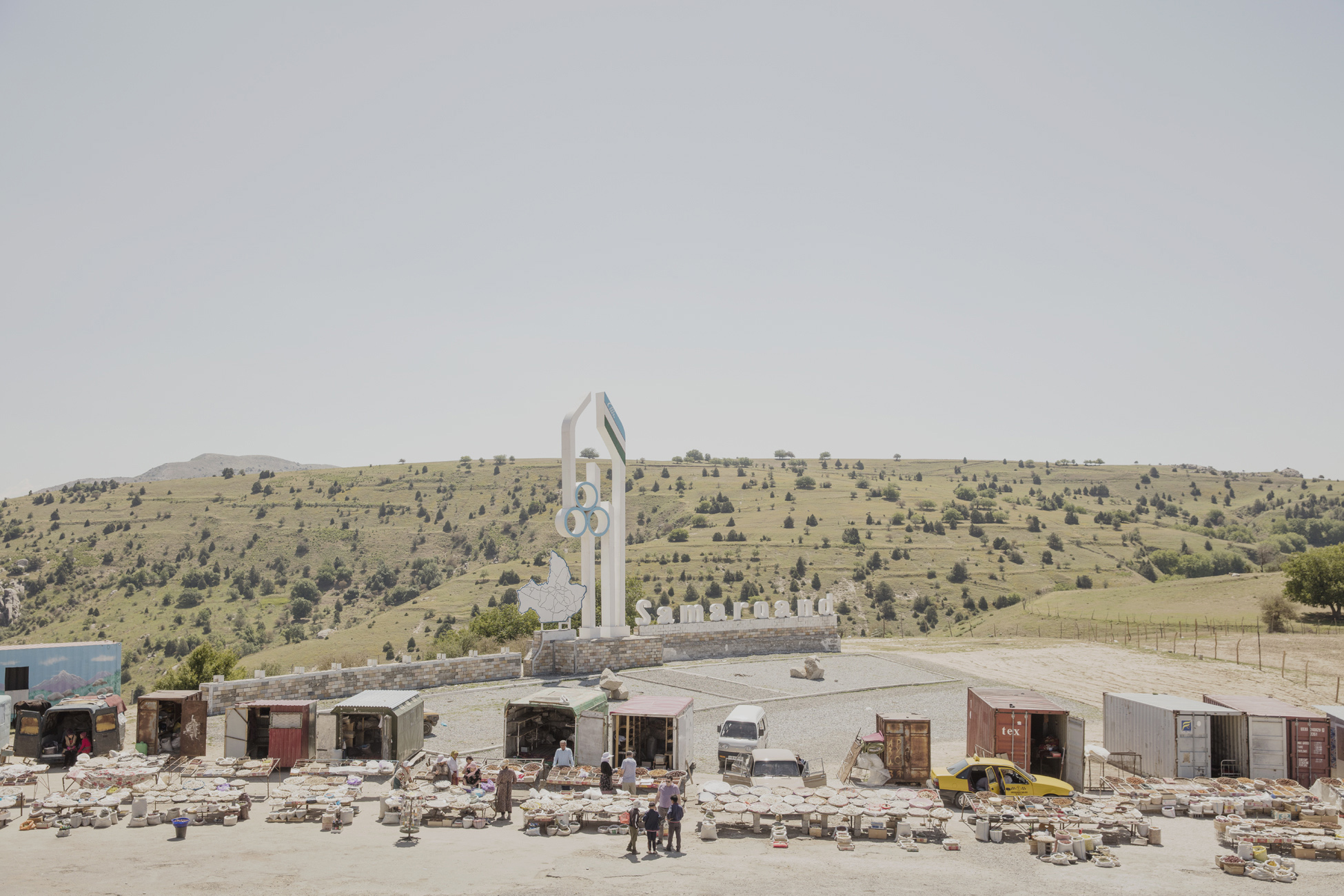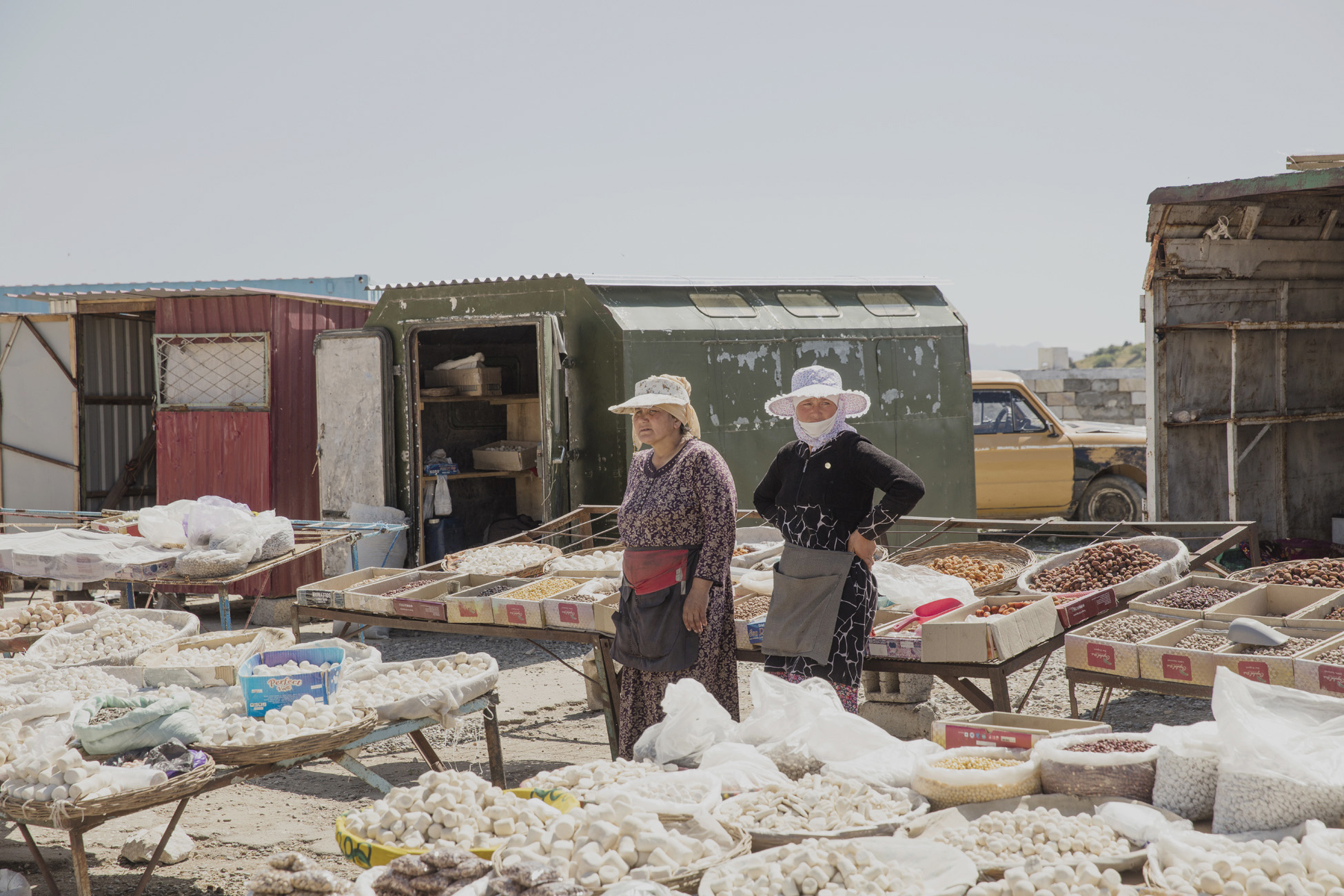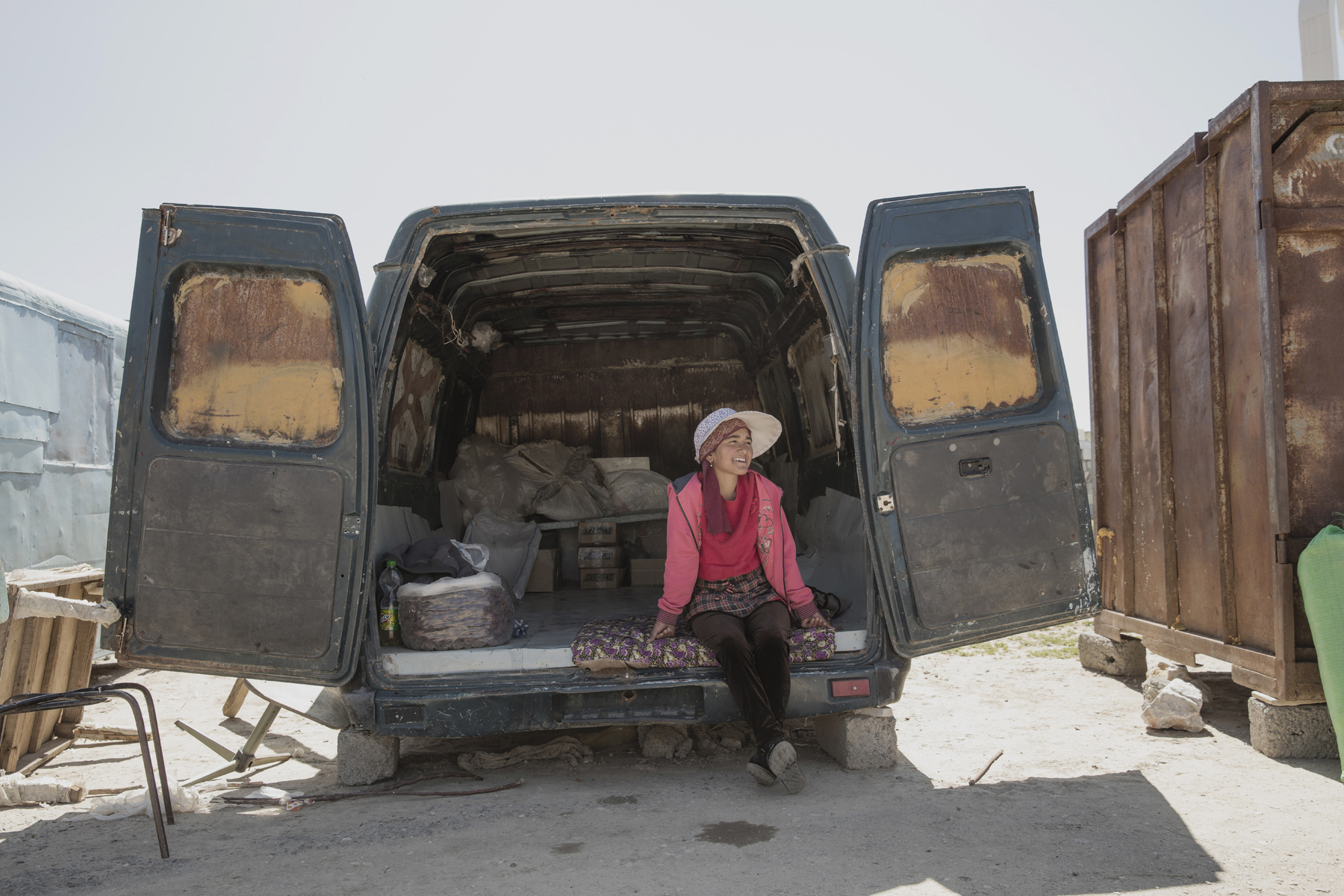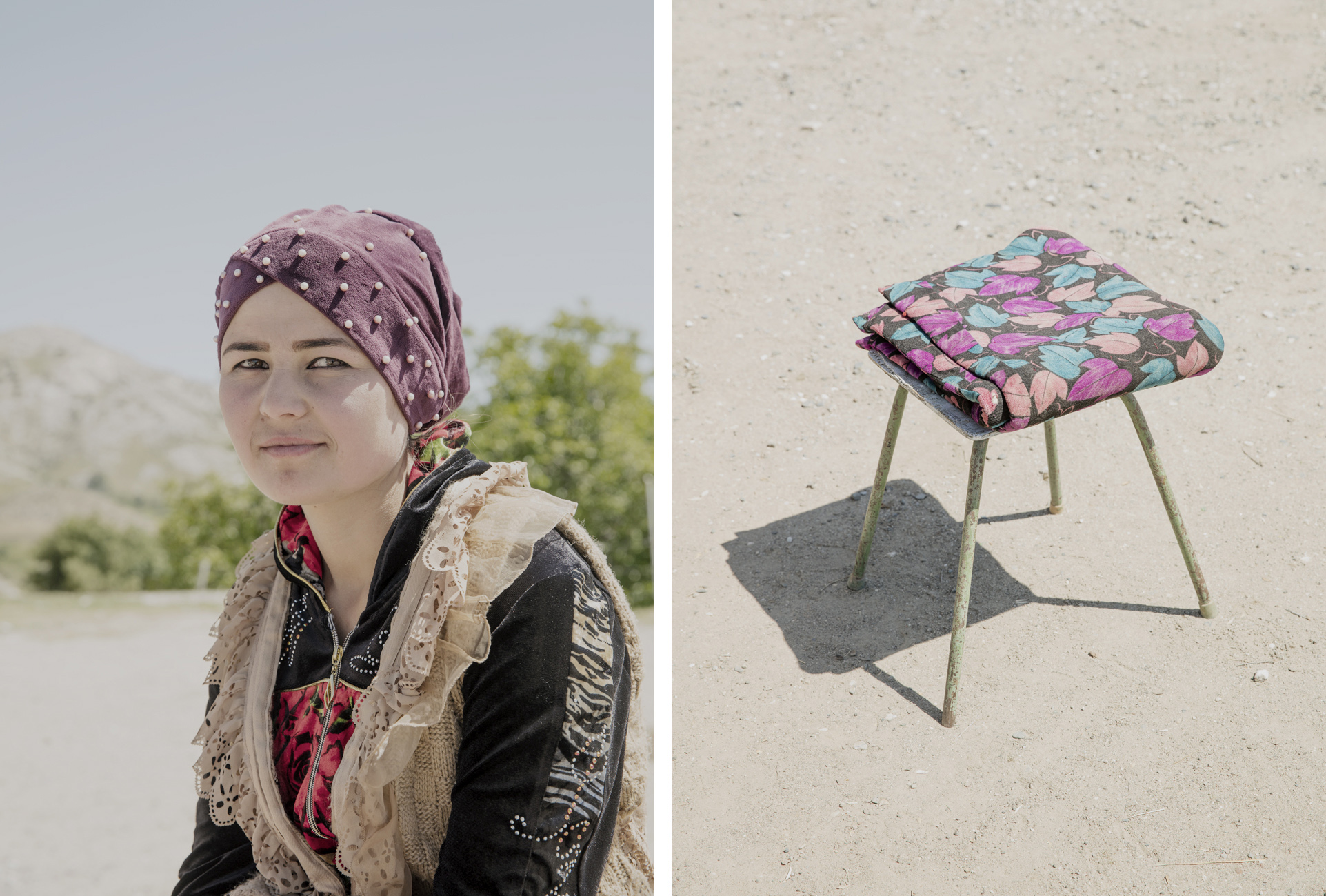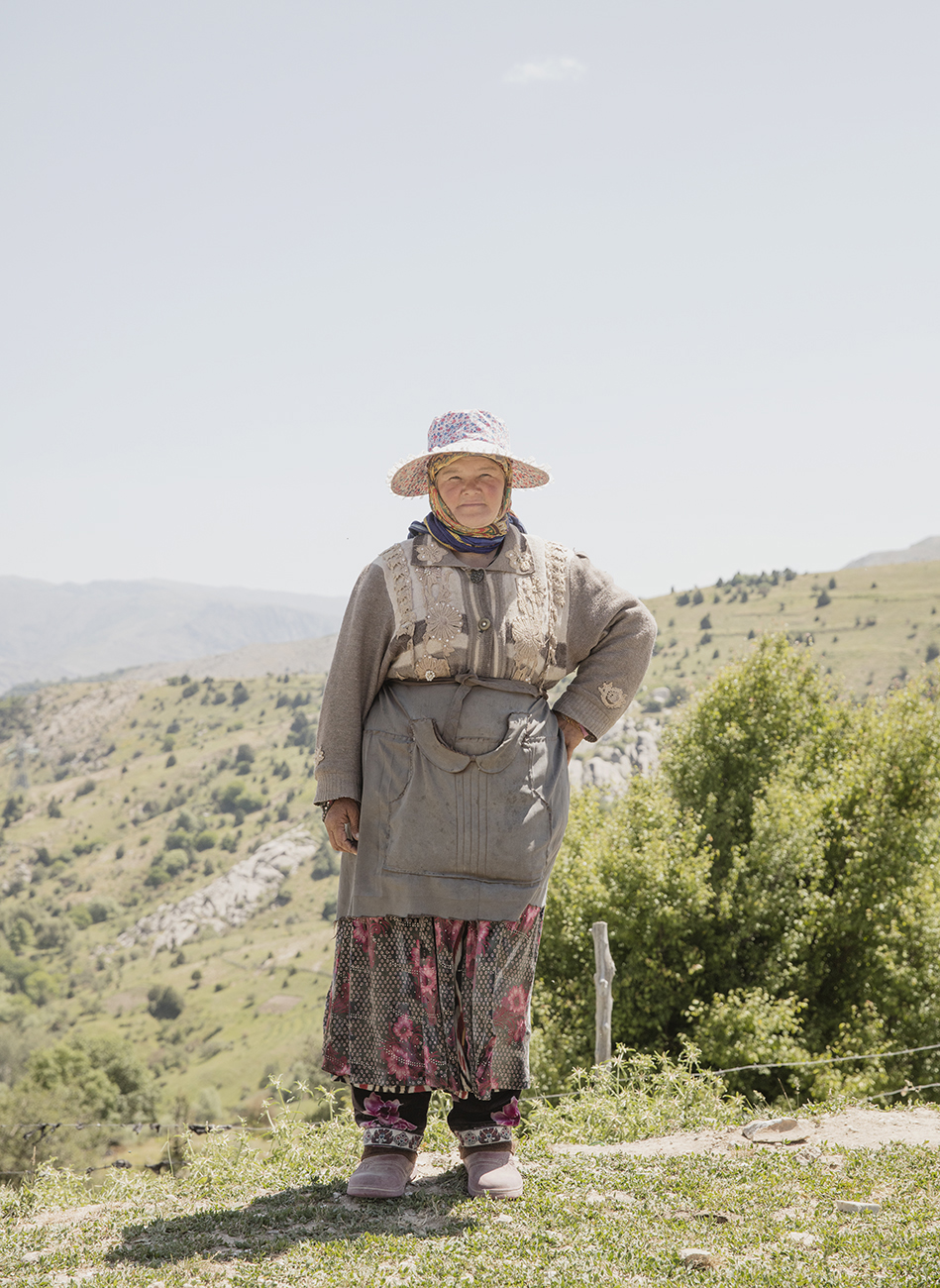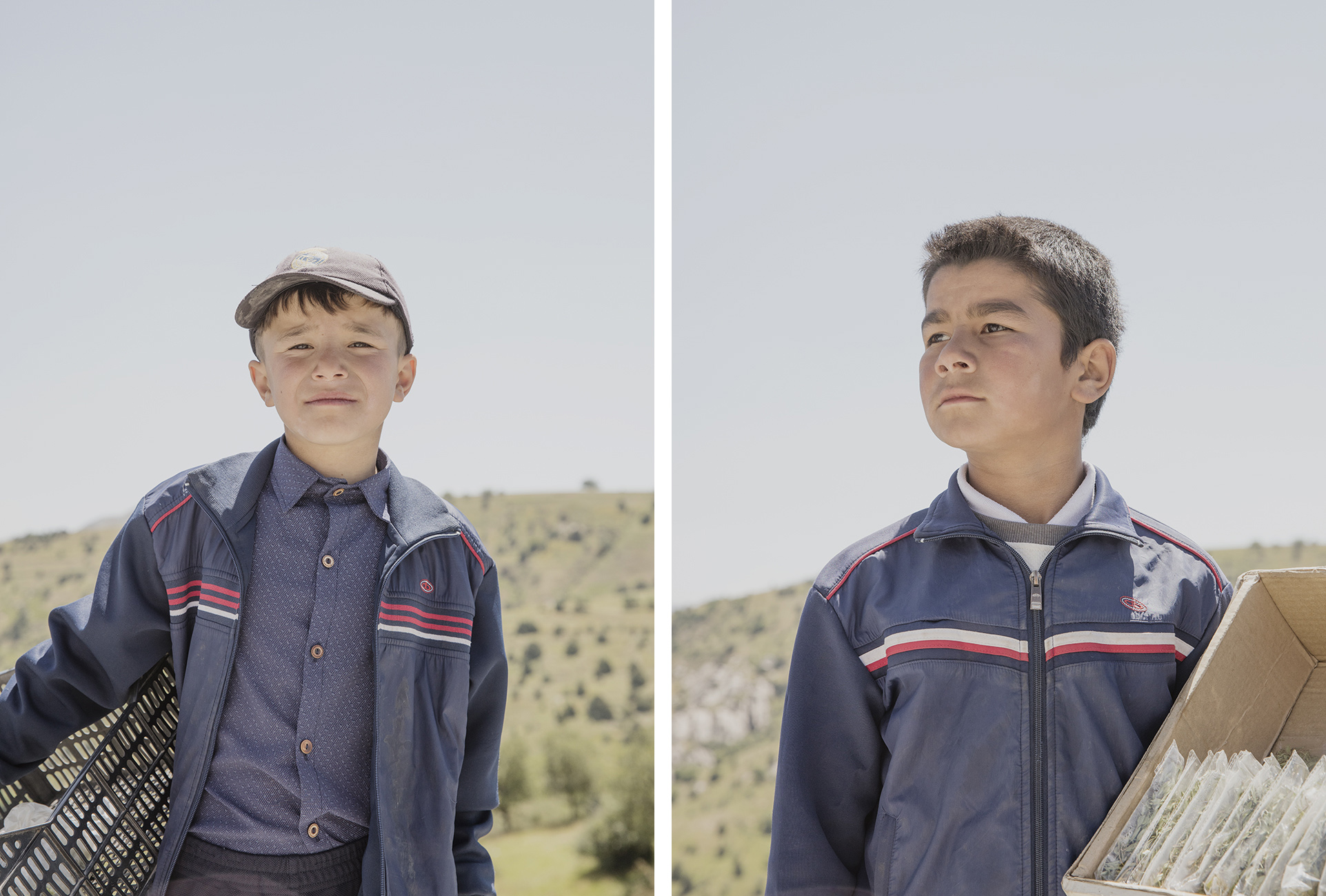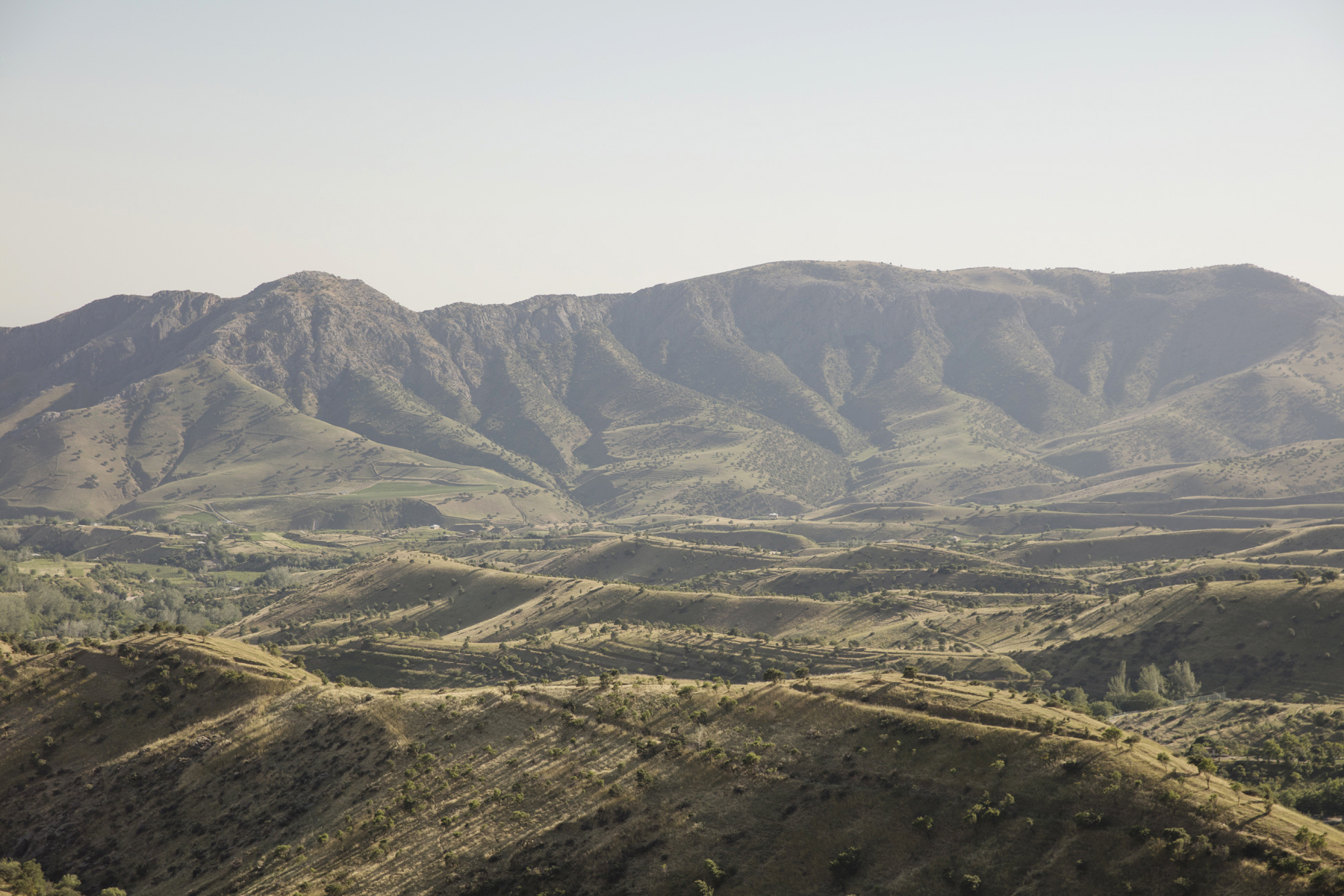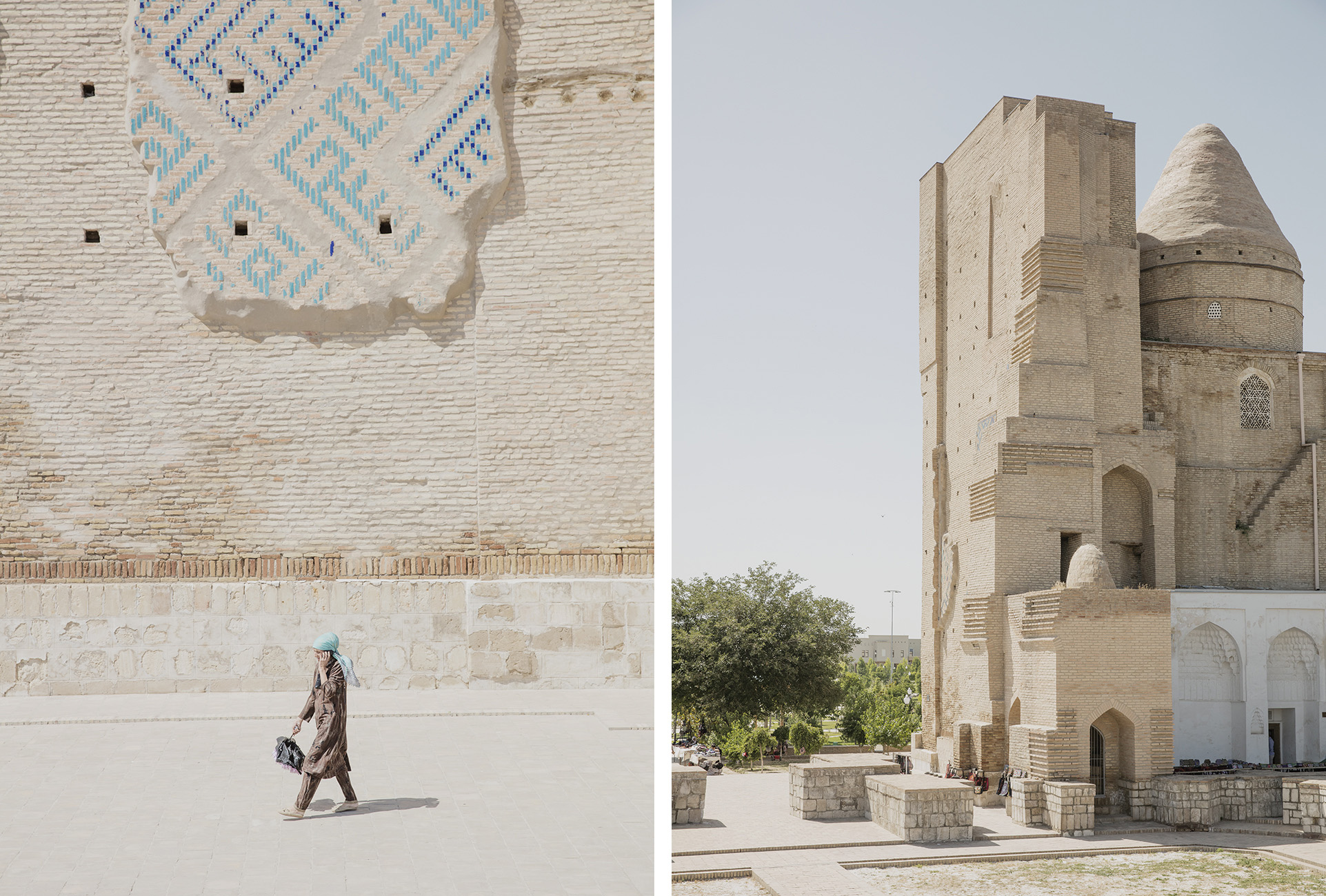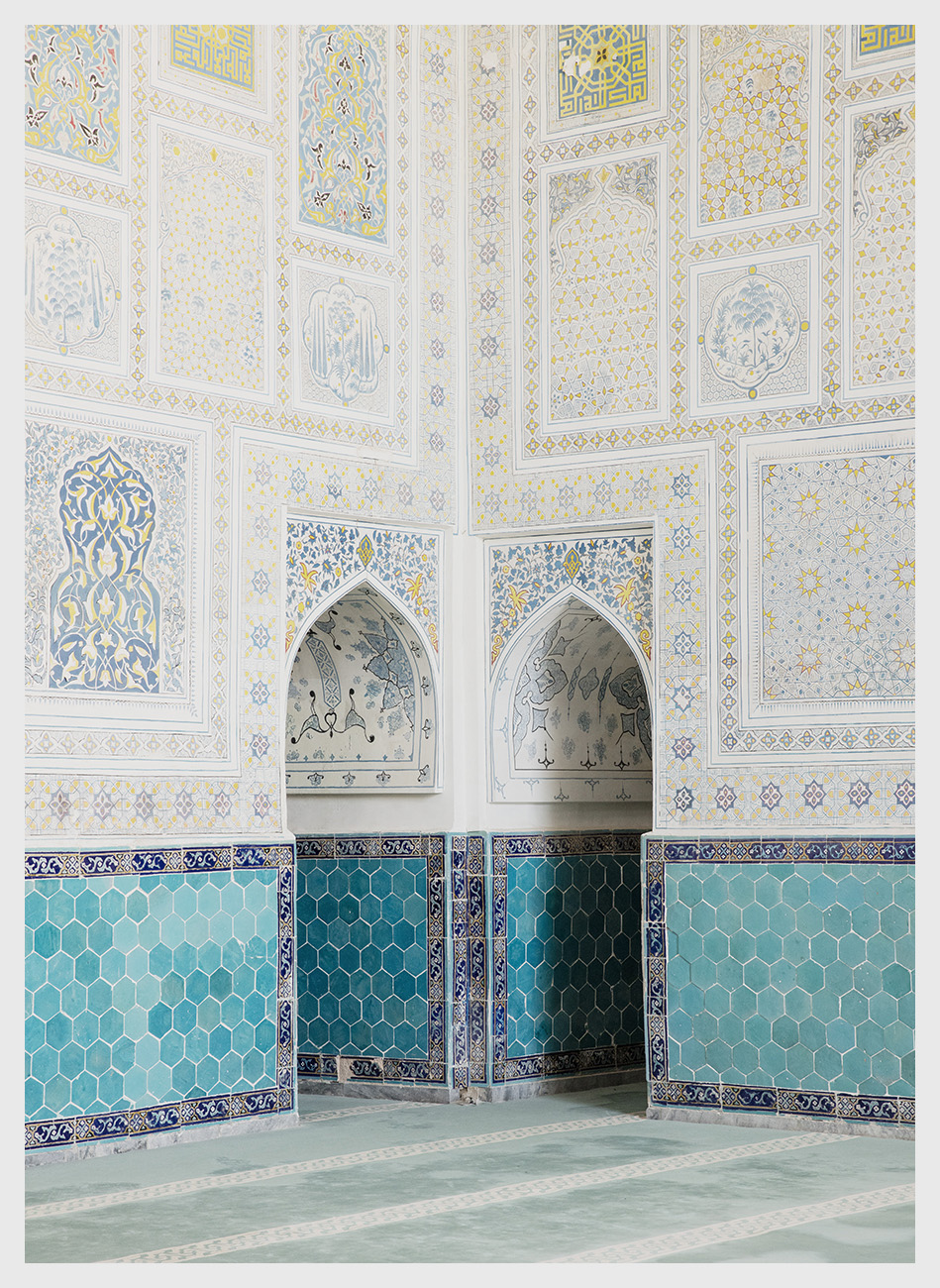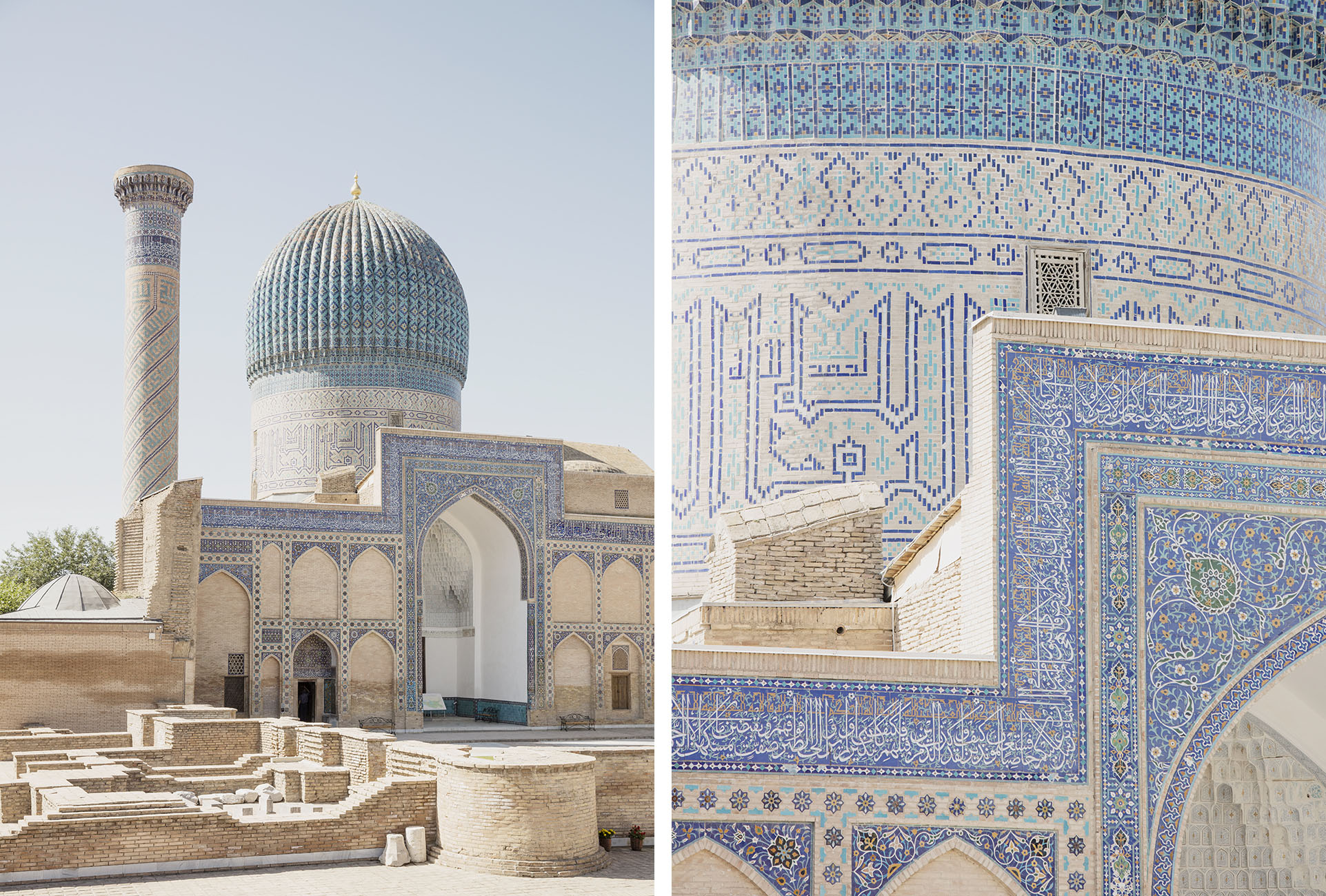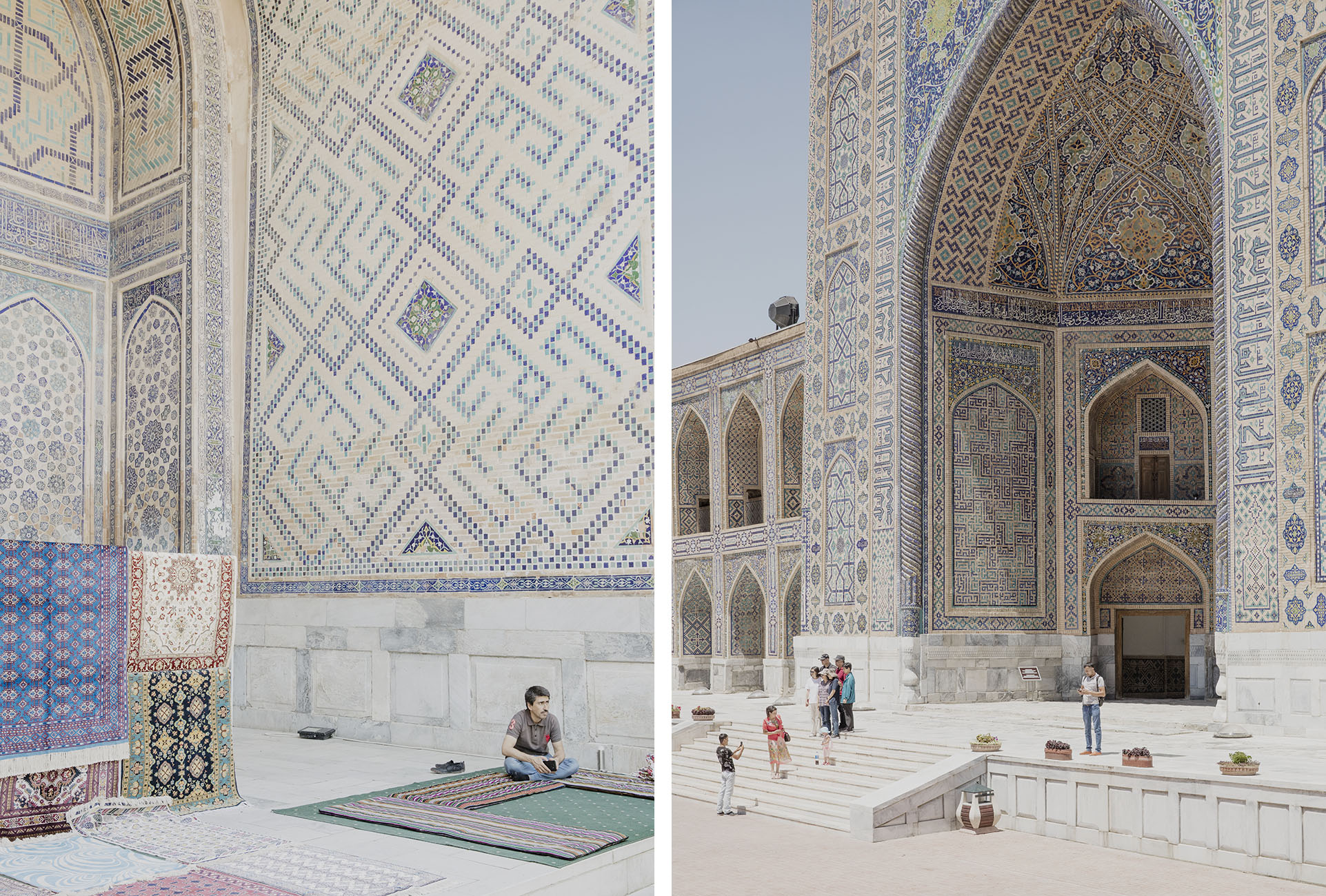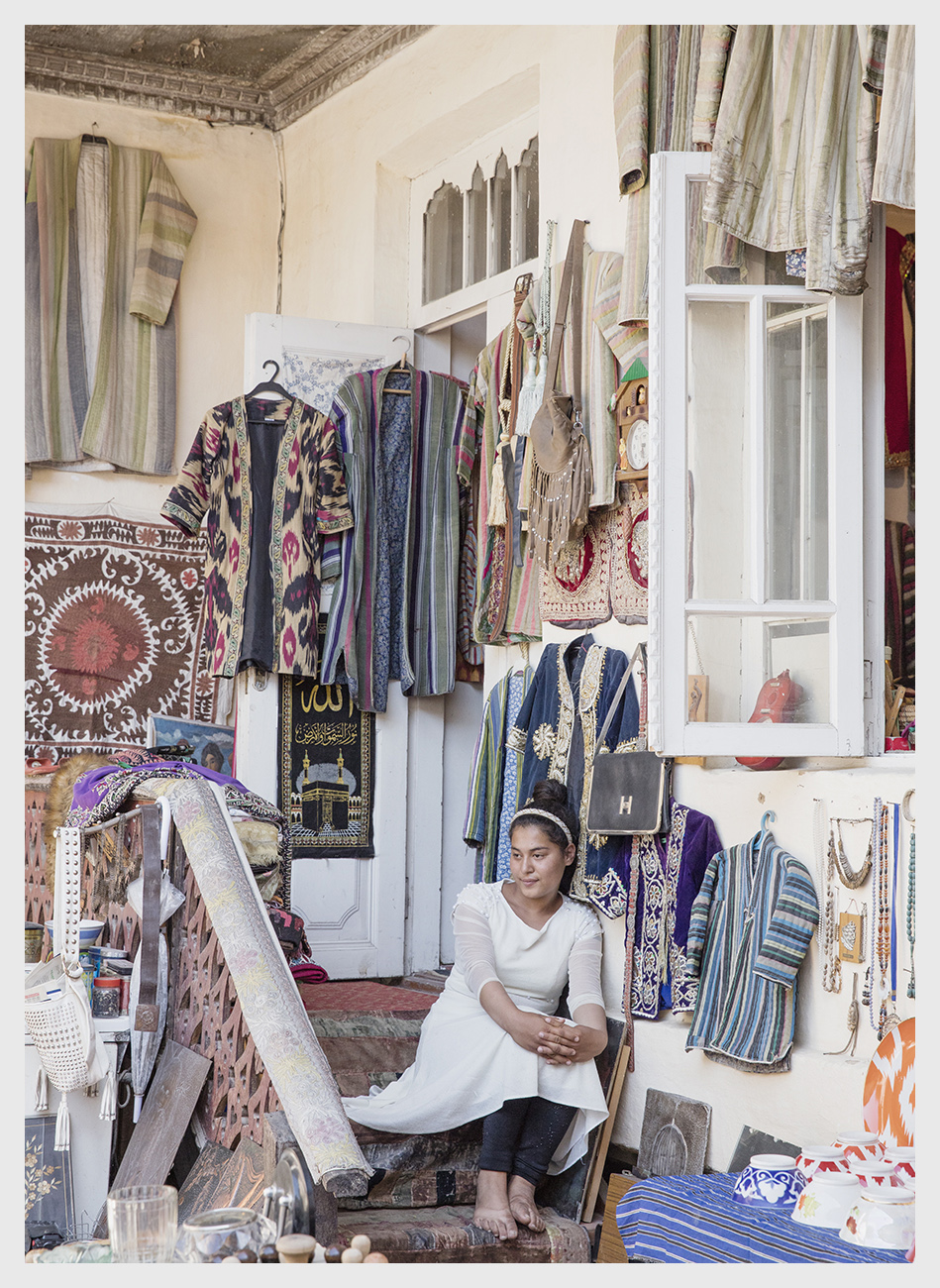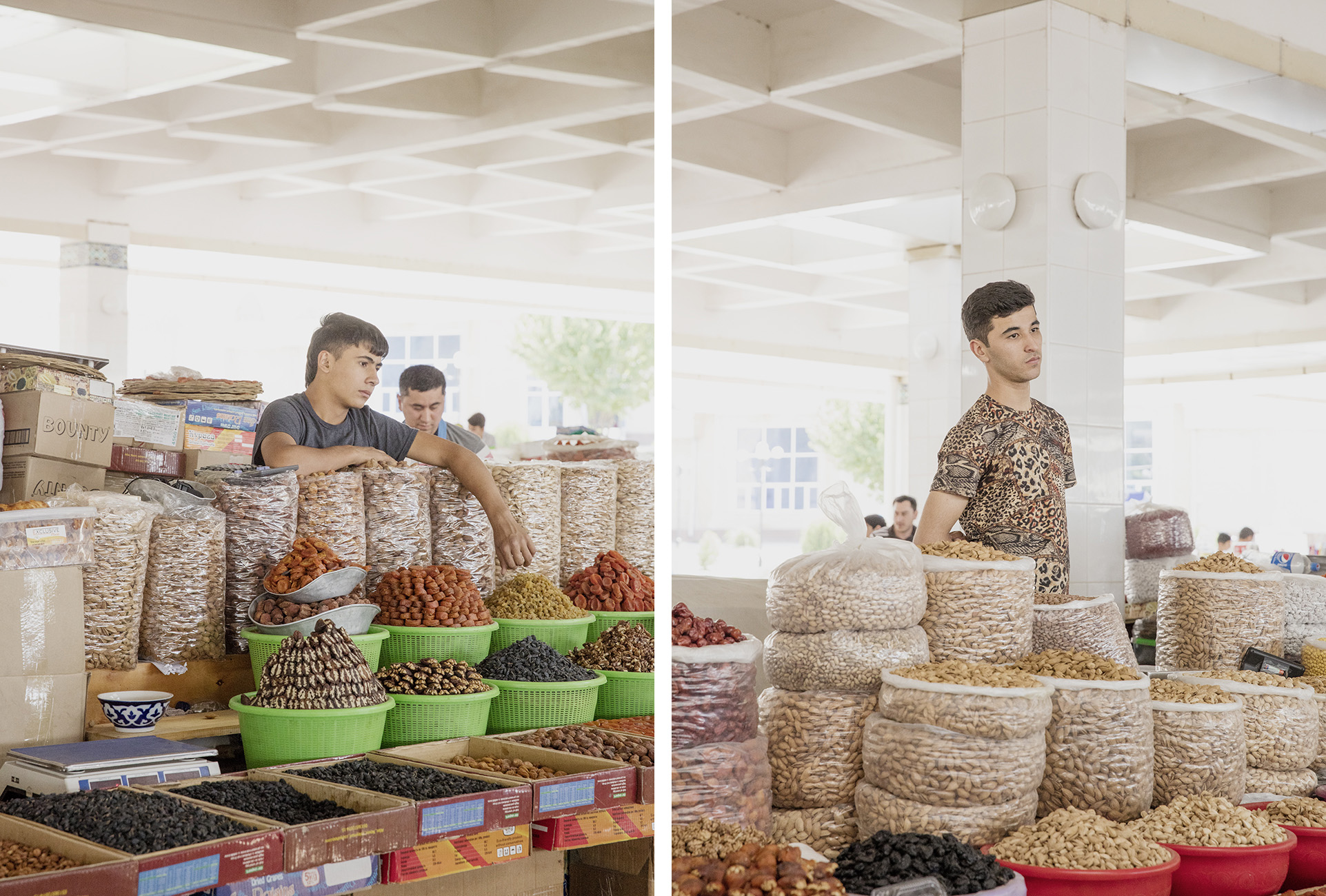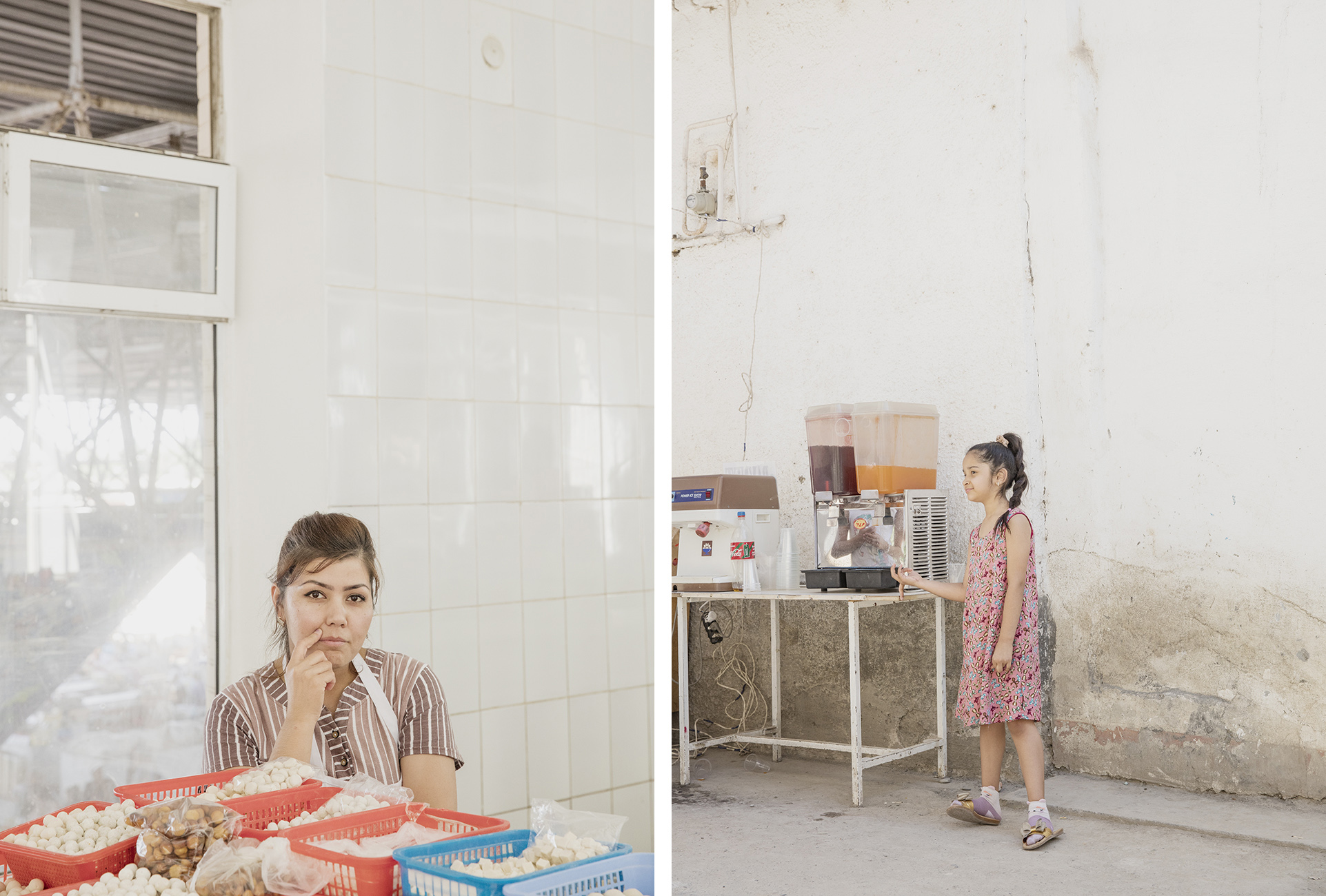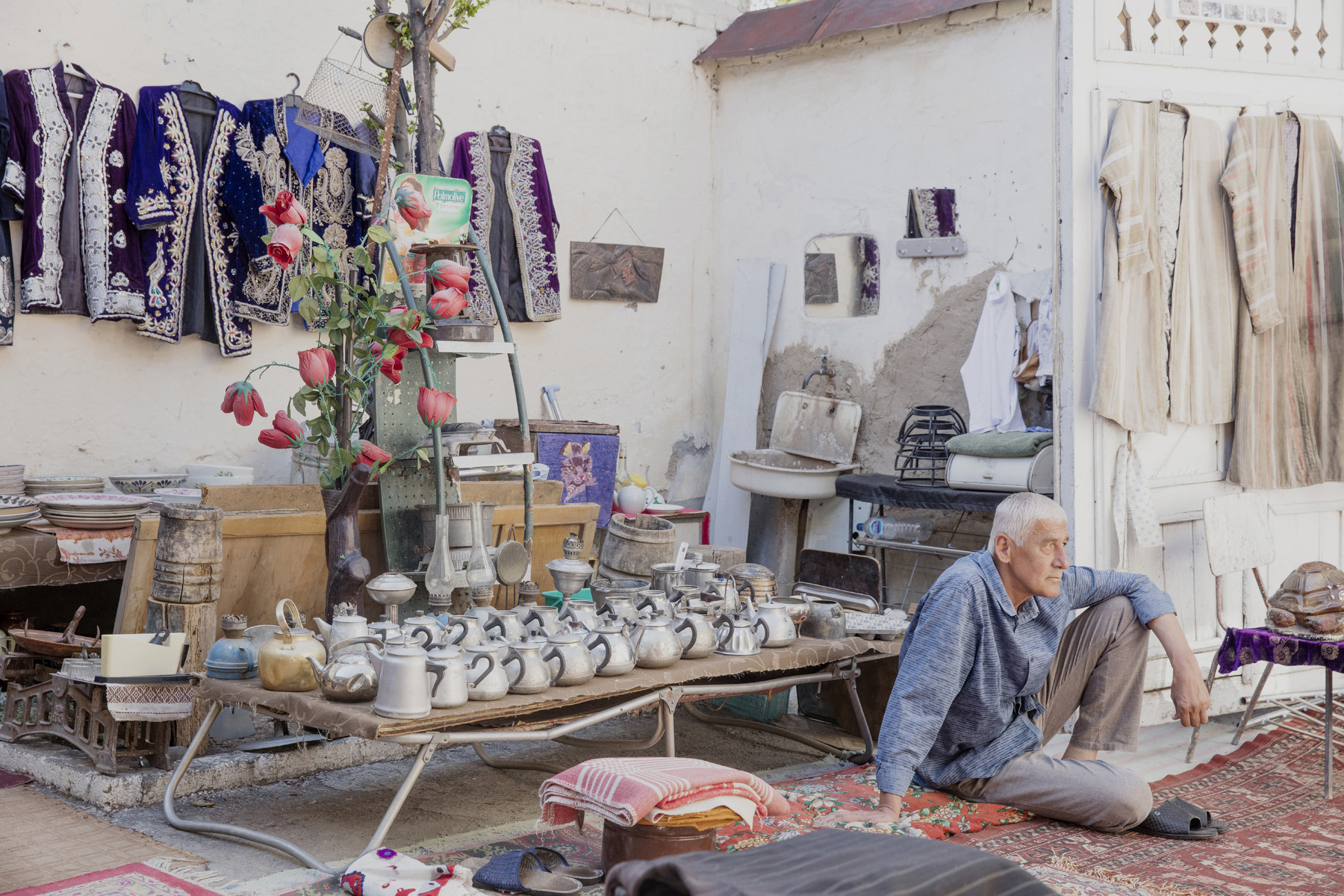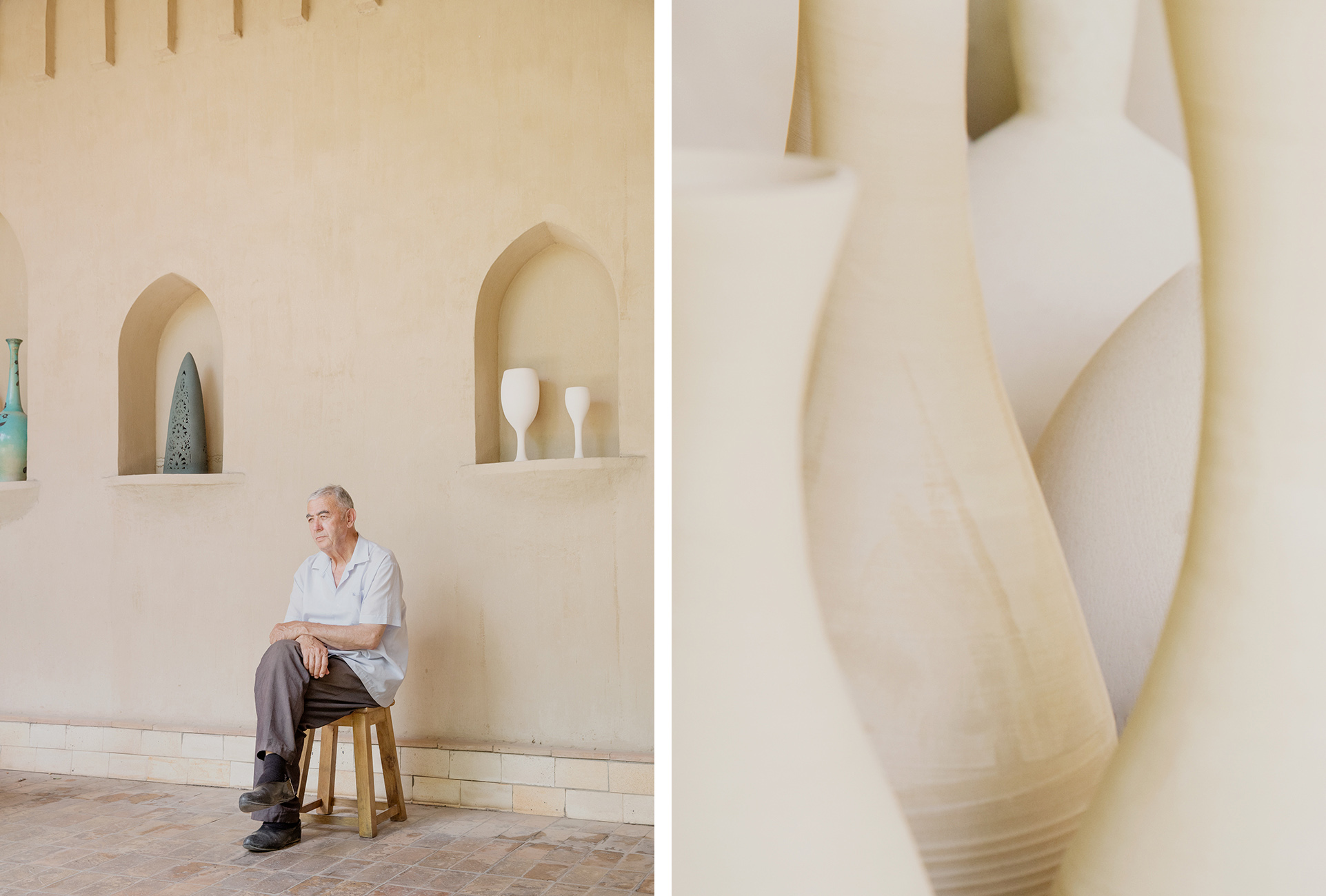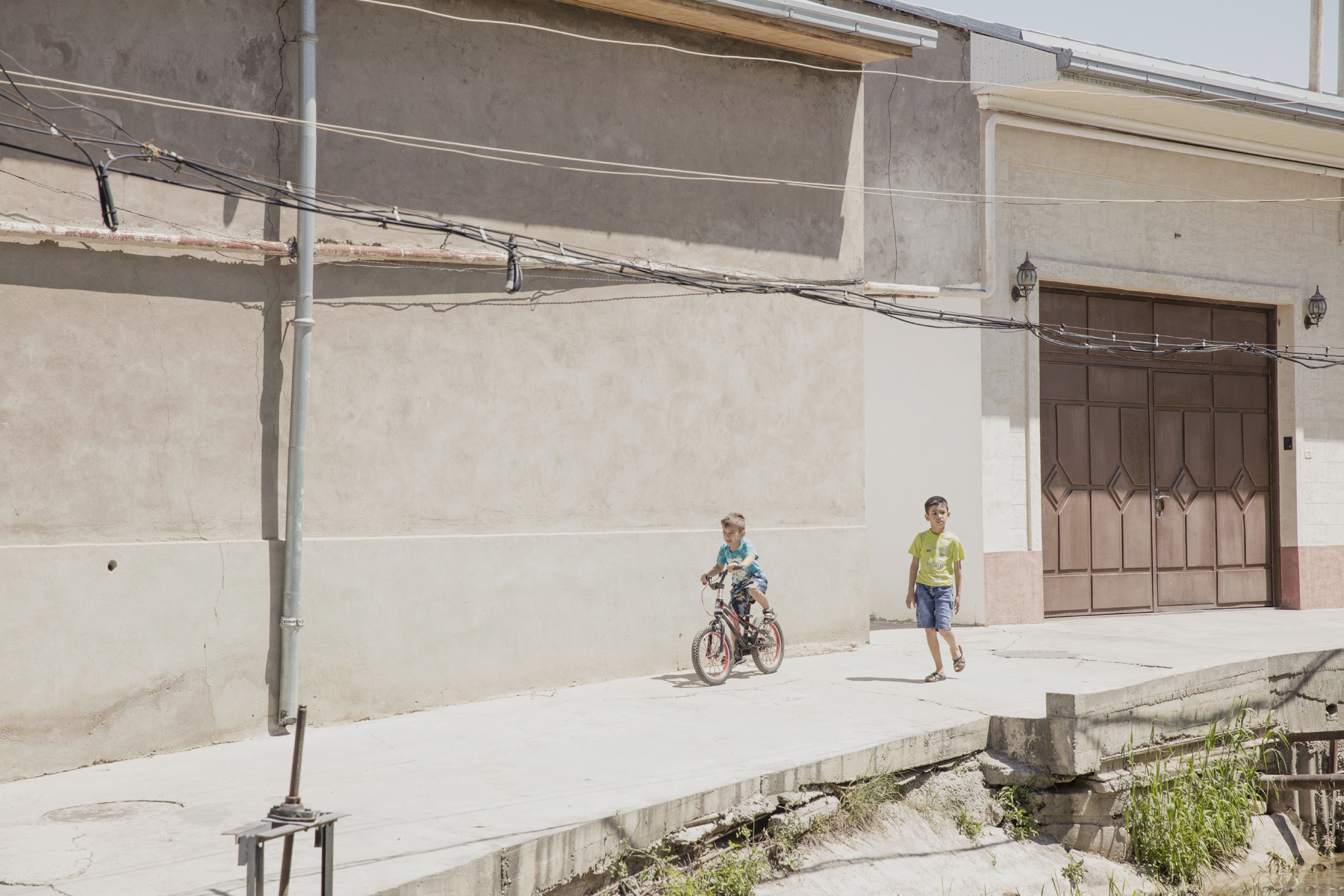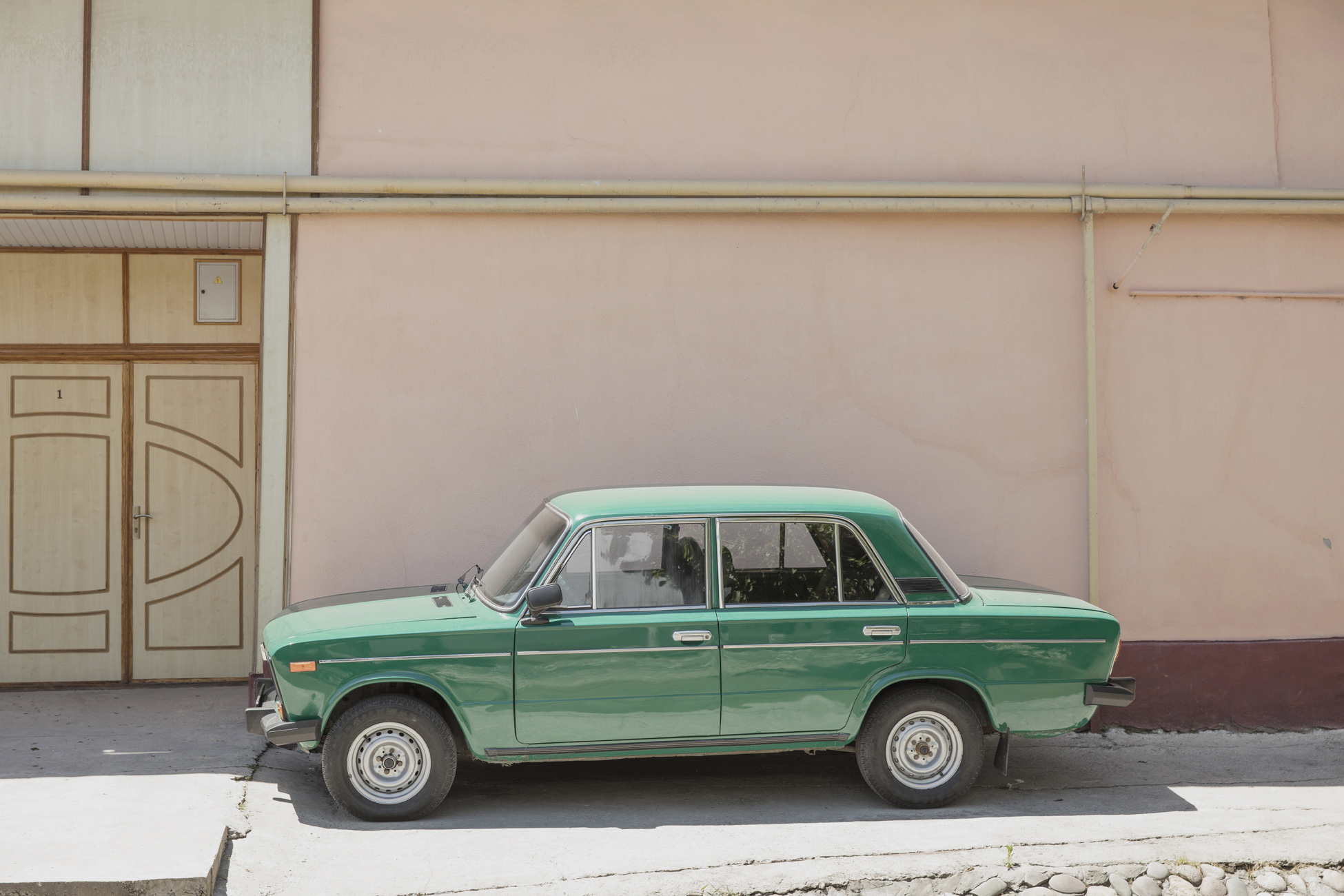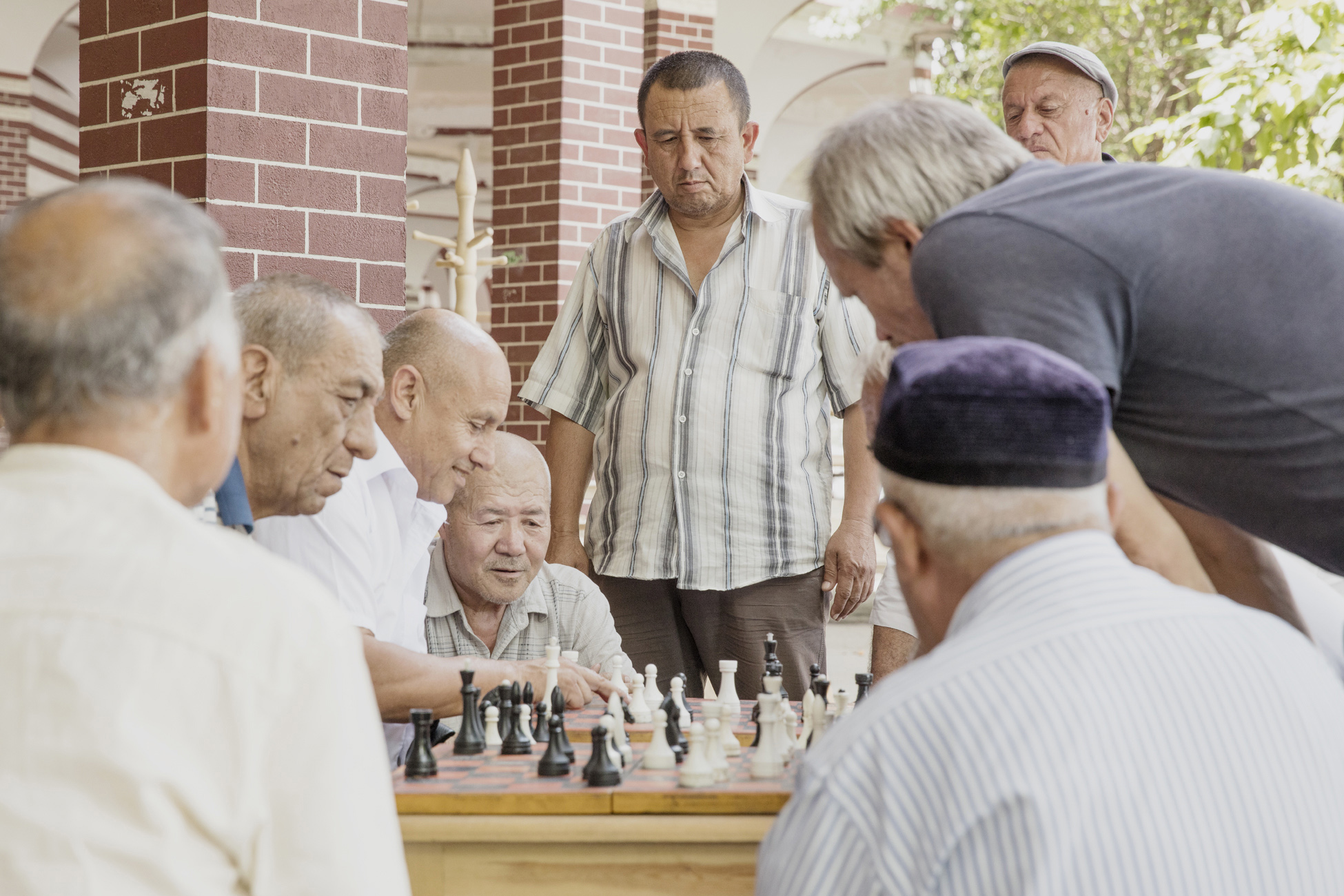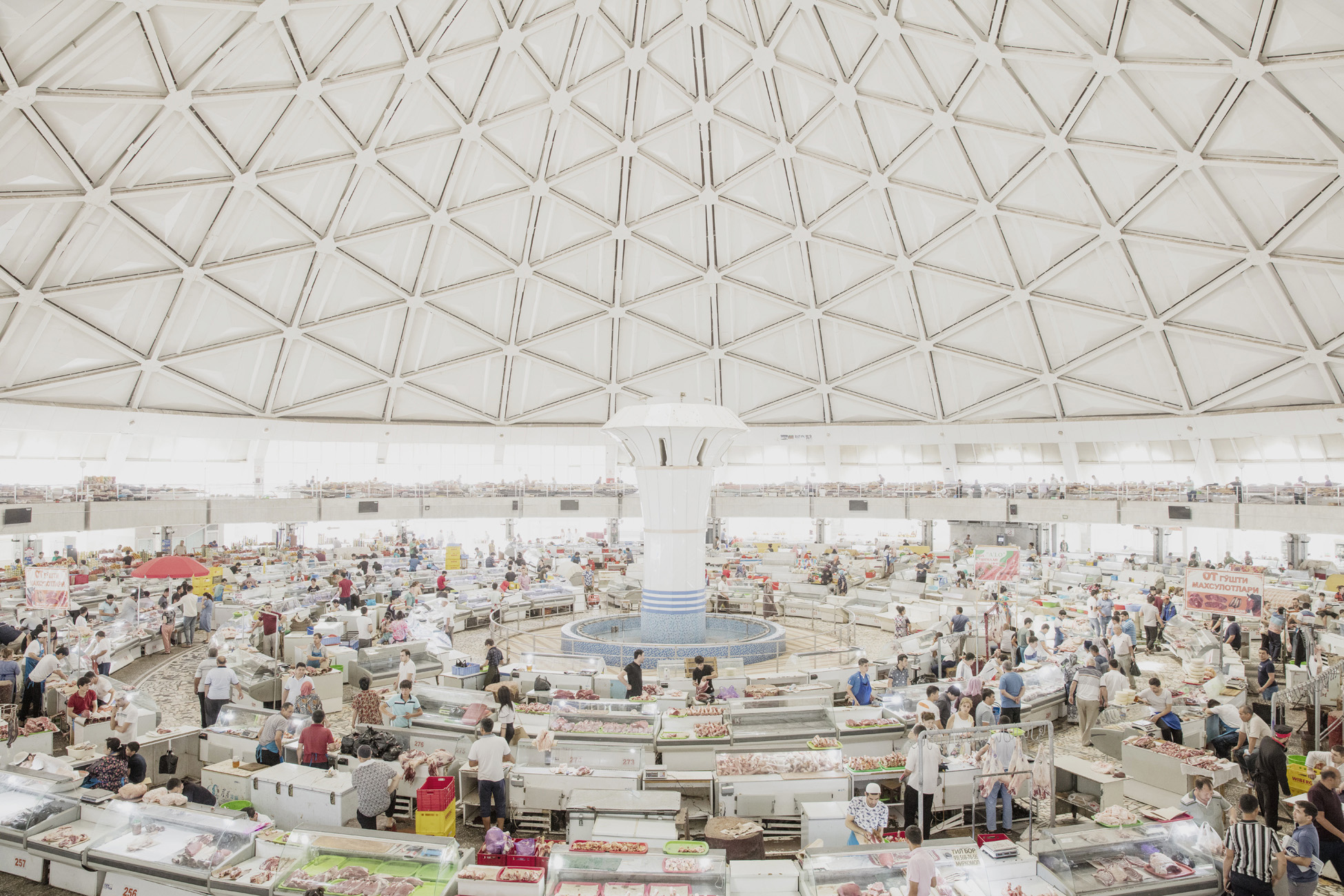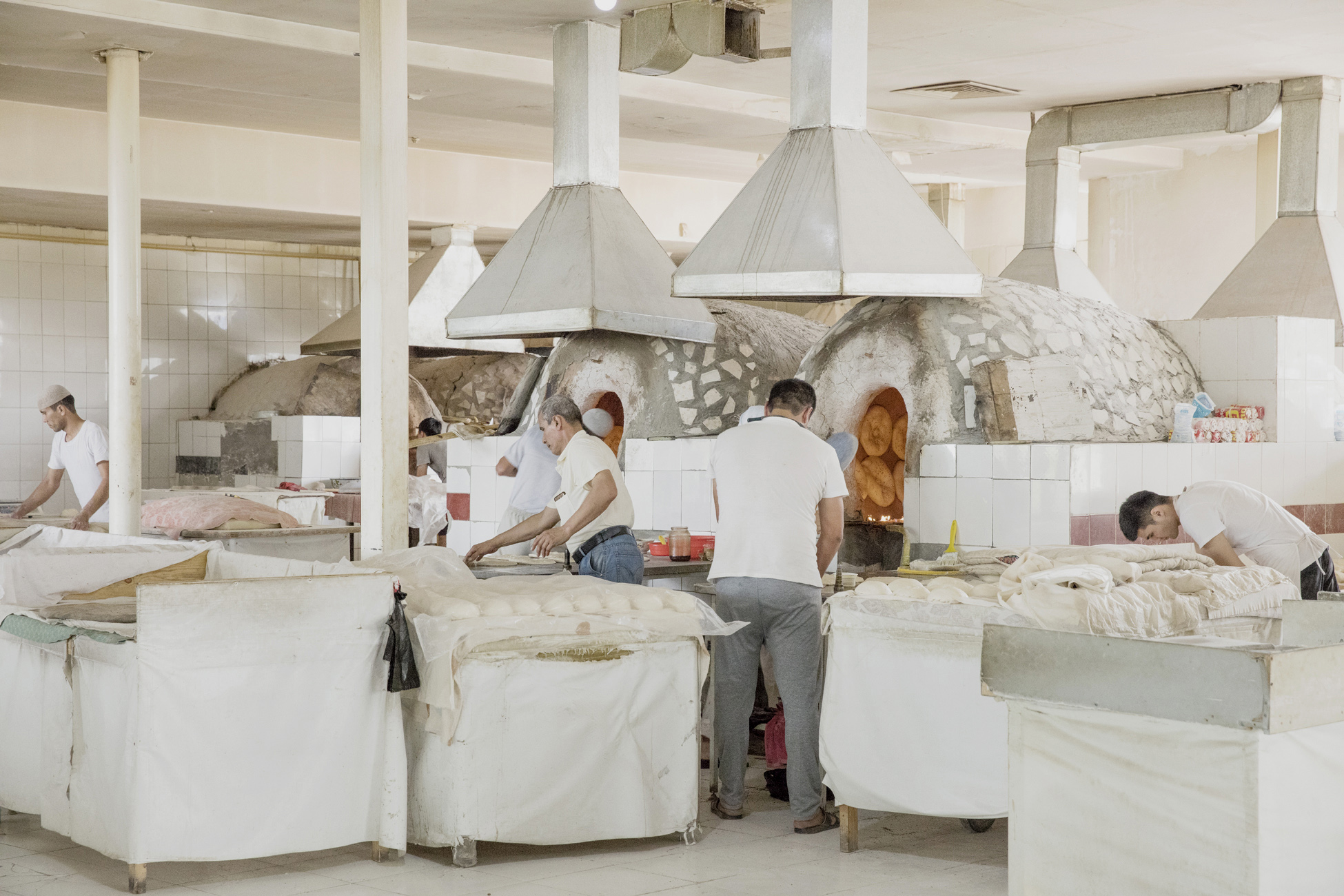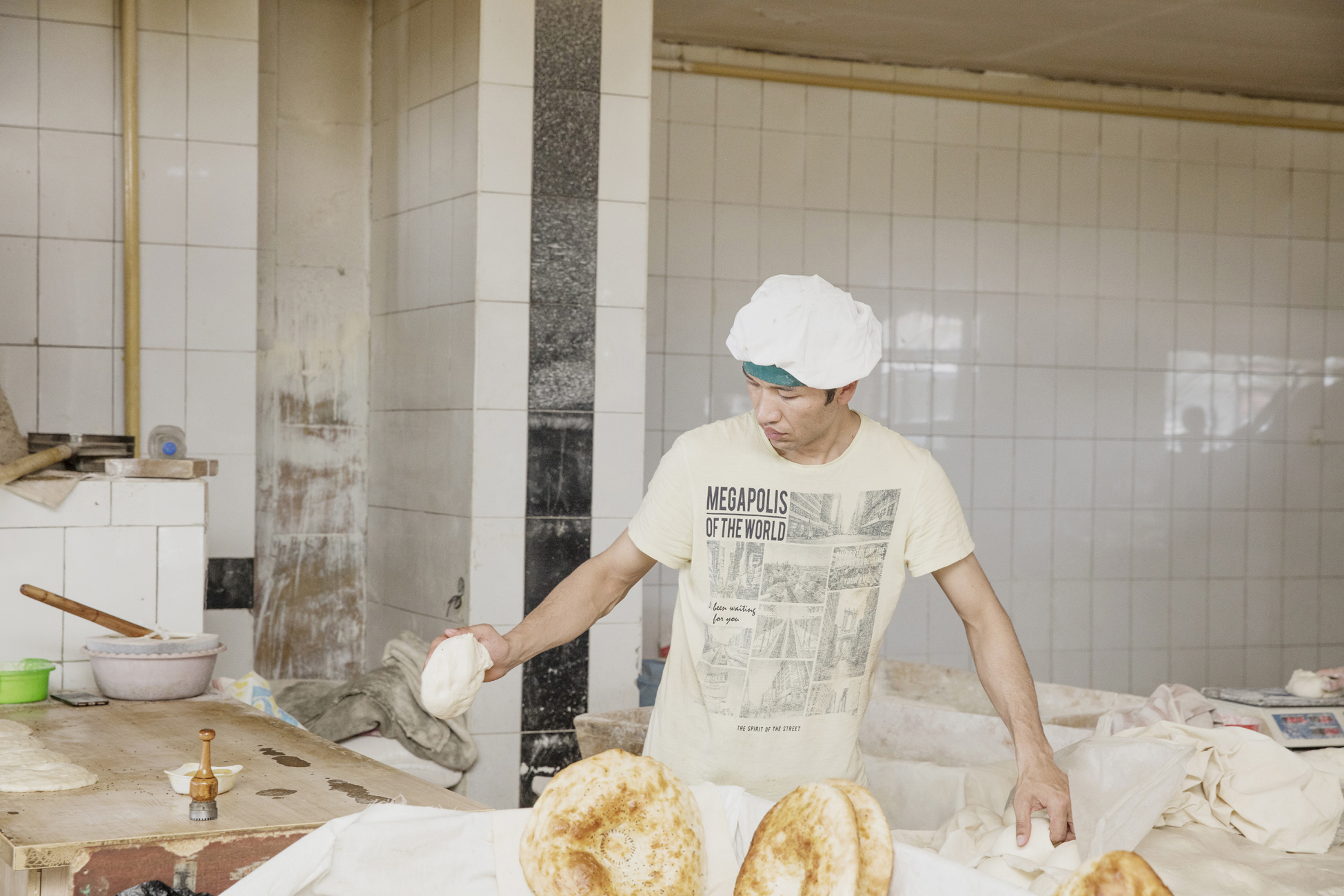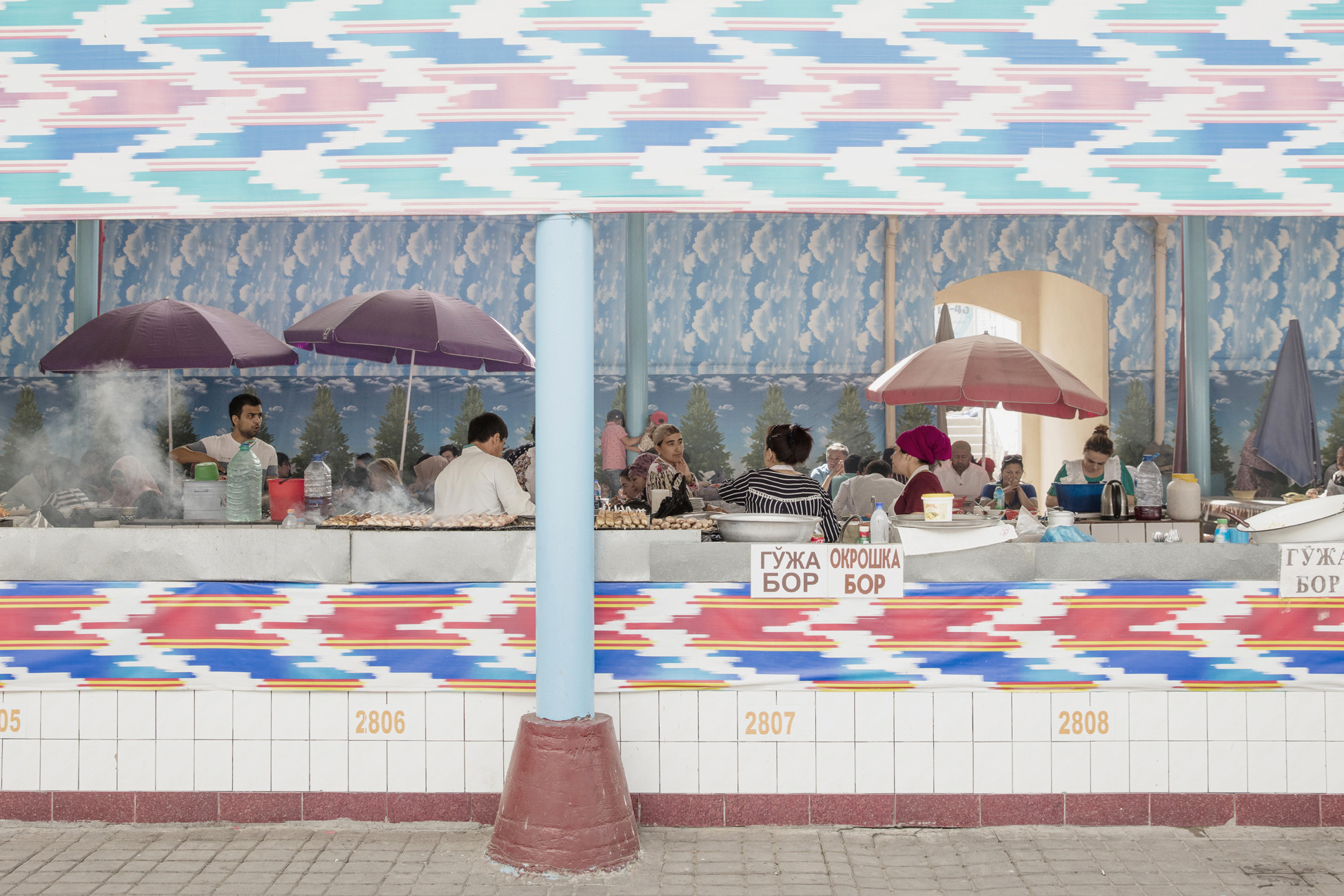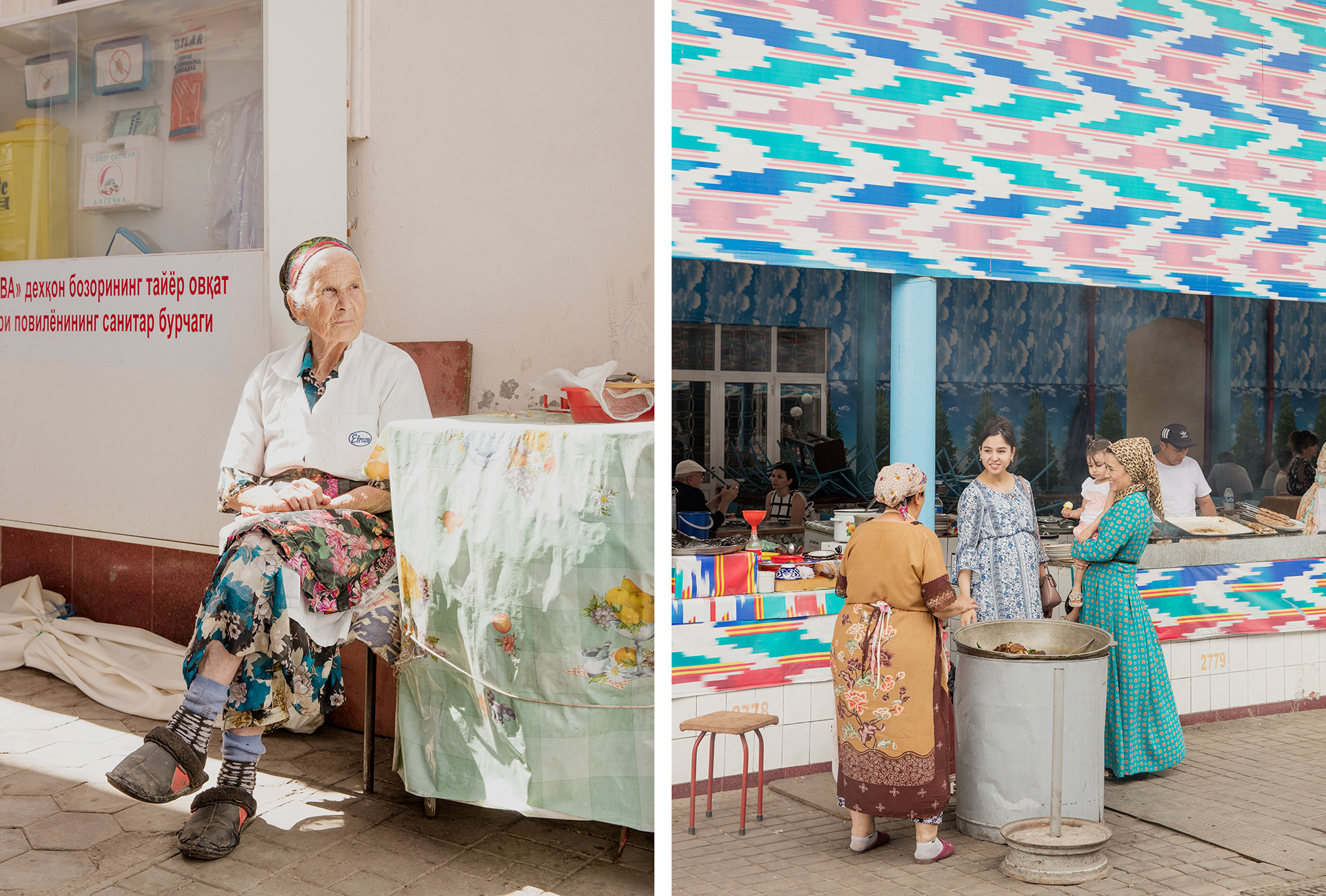Human beings have always moved from place to place and traded with their neighbours, exchanging goods, skills and ideas. Throughout history, Eurasia was criss-crossed with communication routes and paths of trade, which gradually linked up to form what are known today as the Silk Roads; routes across both land and sea, along which silk and many other goods were exchanged between people from across the world.
These vast networks carried more than just merchandise and precious commodities however: the constant movement and mixing of populations also brought about the transmission of knowledge, ideas, cultures and beliefs, which had a profound impact on the history and civilizations of the Eurasian peoples. Travellers along the Silk Roads were attracted not only by trade but also by the intellectual and cultural exchange that was taking place in cities along the Silk Roads, many of which developed into hubs of culture and learning. Science, arts and literature, as well as crafts and technologies were thus shared and disseminated into societies along the lengths of these routes, and in this way, languages, religions and cultures developed and influenced each other.
Uzbekistan in the center of the Eurasian continent allowed itself to play a key role in the transcontinental system of the Great Silk Roads. In fact, main routes of the Great Silk Roads uniting East and West passed through the territory of present-day Uzbekistan, which was one of the places, where the first civilizations emerged and developed.
Much may have changed in Uzbekistan over the centuries, though the past is very apparent whenever one journeys there today. Due to its migratory history of trade, cultures, academics, and merchants we are left with a tolerant society where the state since independence in 1991 separates itself from issues of the church, there is freedom of religion even though the Muslim faith accounts for around 90% of the population, this spills over into significant tolerance for the varying ethnicities that reside in Uzbekistan.
Since independence and Soviet rule, Uzbekistan has made a gradual approach to economic reforms. The country has moved from a low- income country to a low middle income one since independence, the fact that it is rich in resources play’s a significant part in this trajectory. This youthful country is being watched to see how it progresses and the direction it chooses for itself.
This body of work reflects on the people, artisans, and merchants that one meets as you traverse the Silk Road through the three main cities of Tashkent, Bukhara, and Samarkand. The Muslim faith and merchant past acts as the scenic backdrop to this ancient and yet new story in a country moving forward though with one foot in it’s fabled past.

